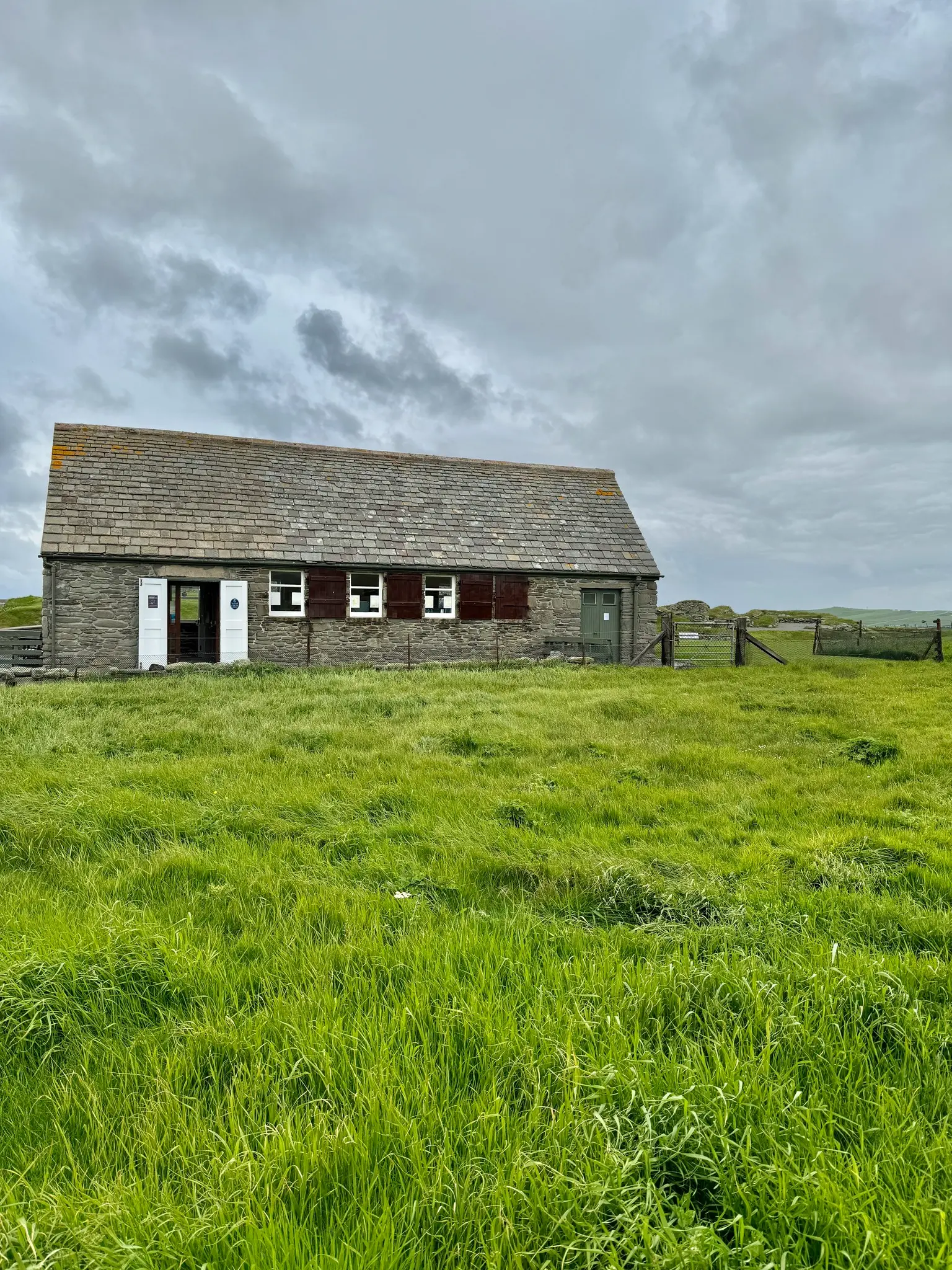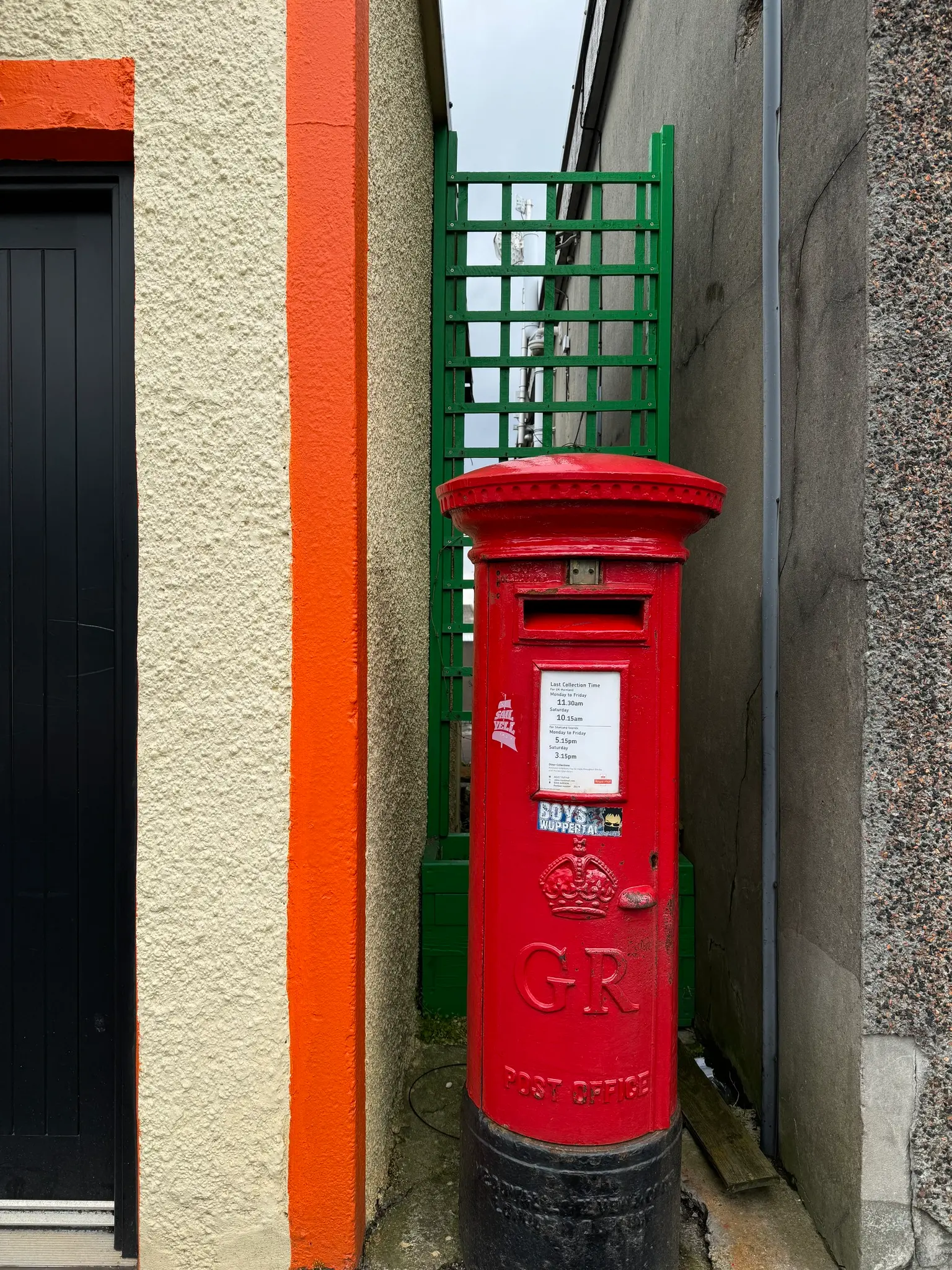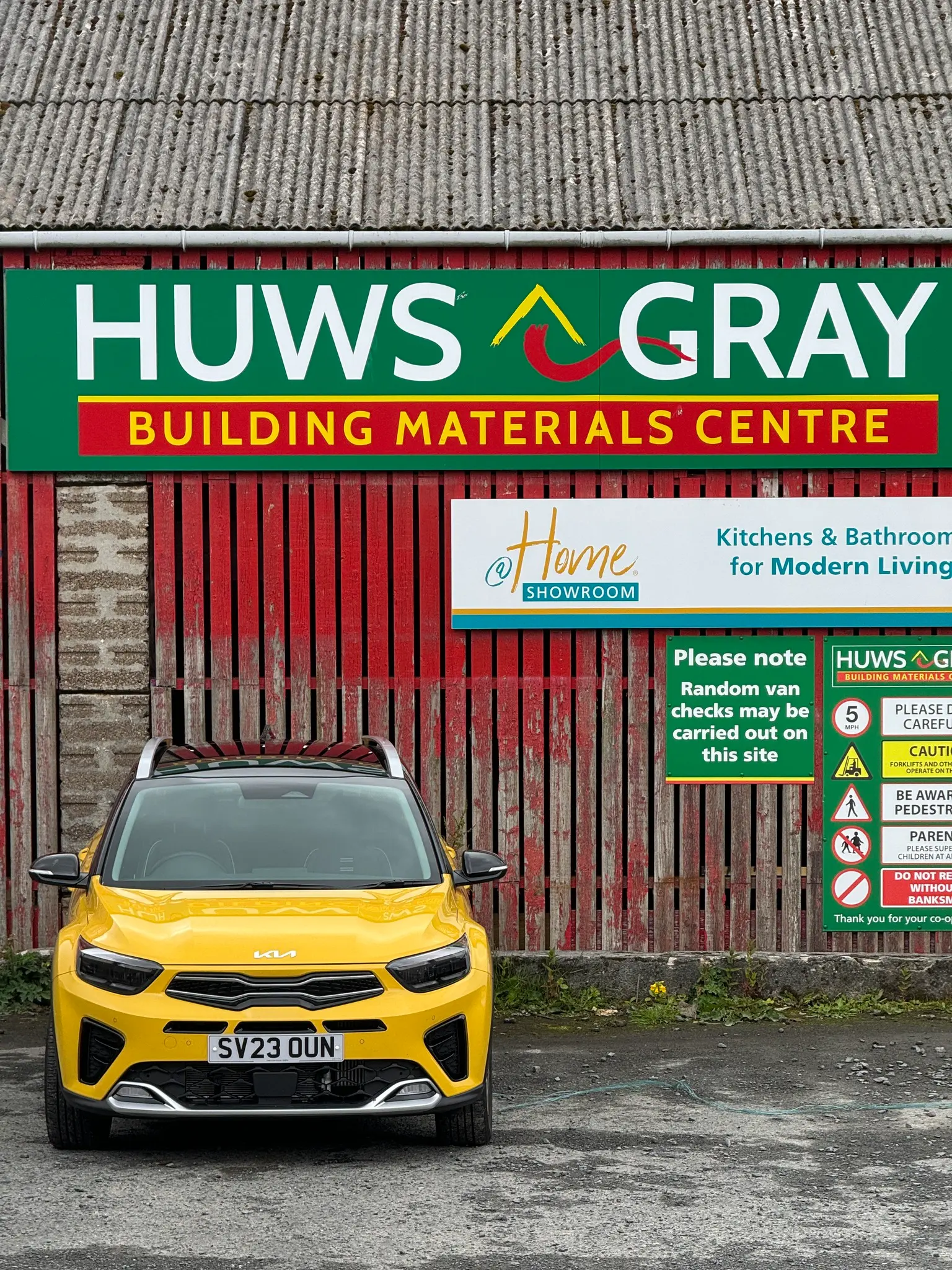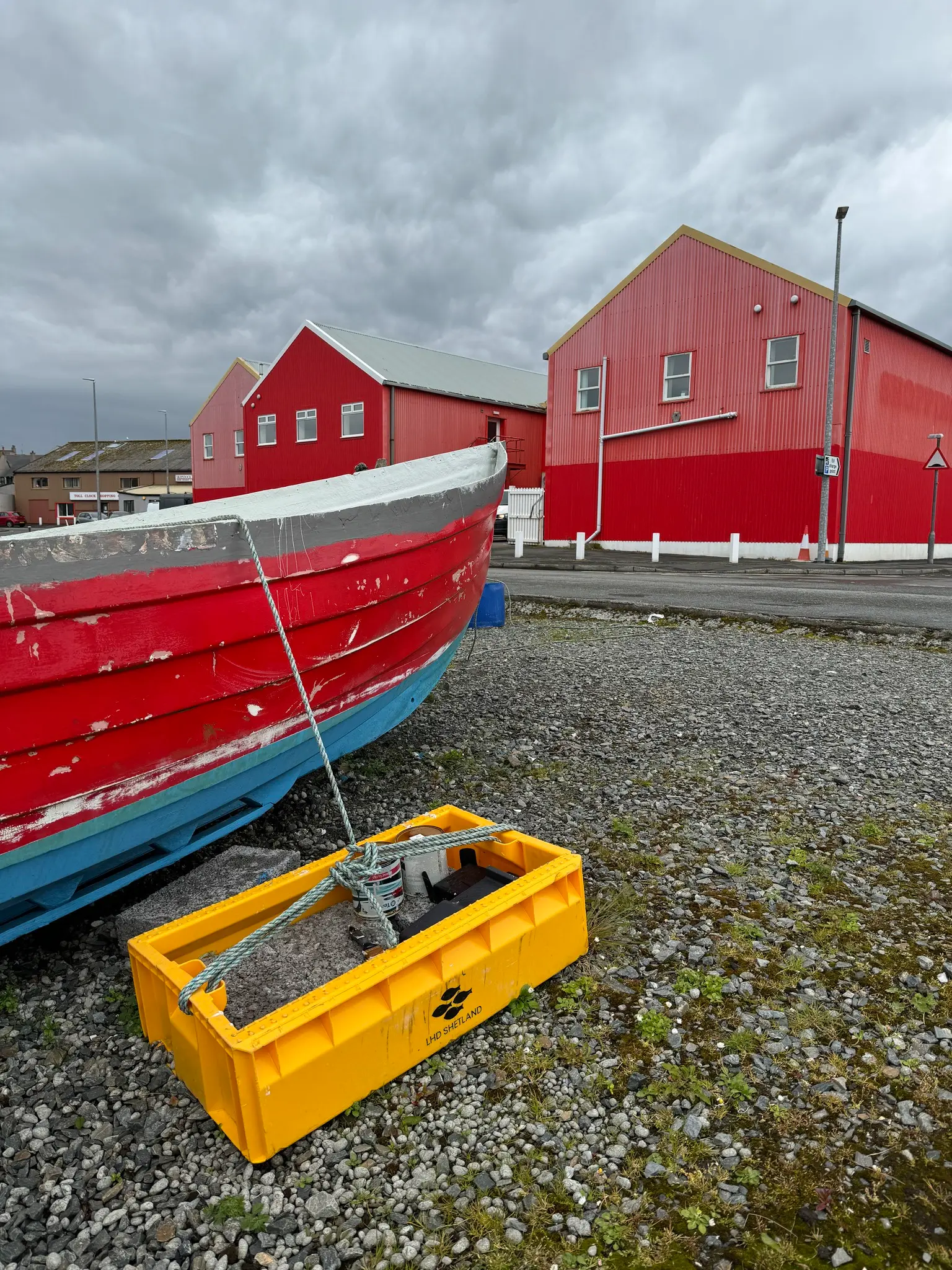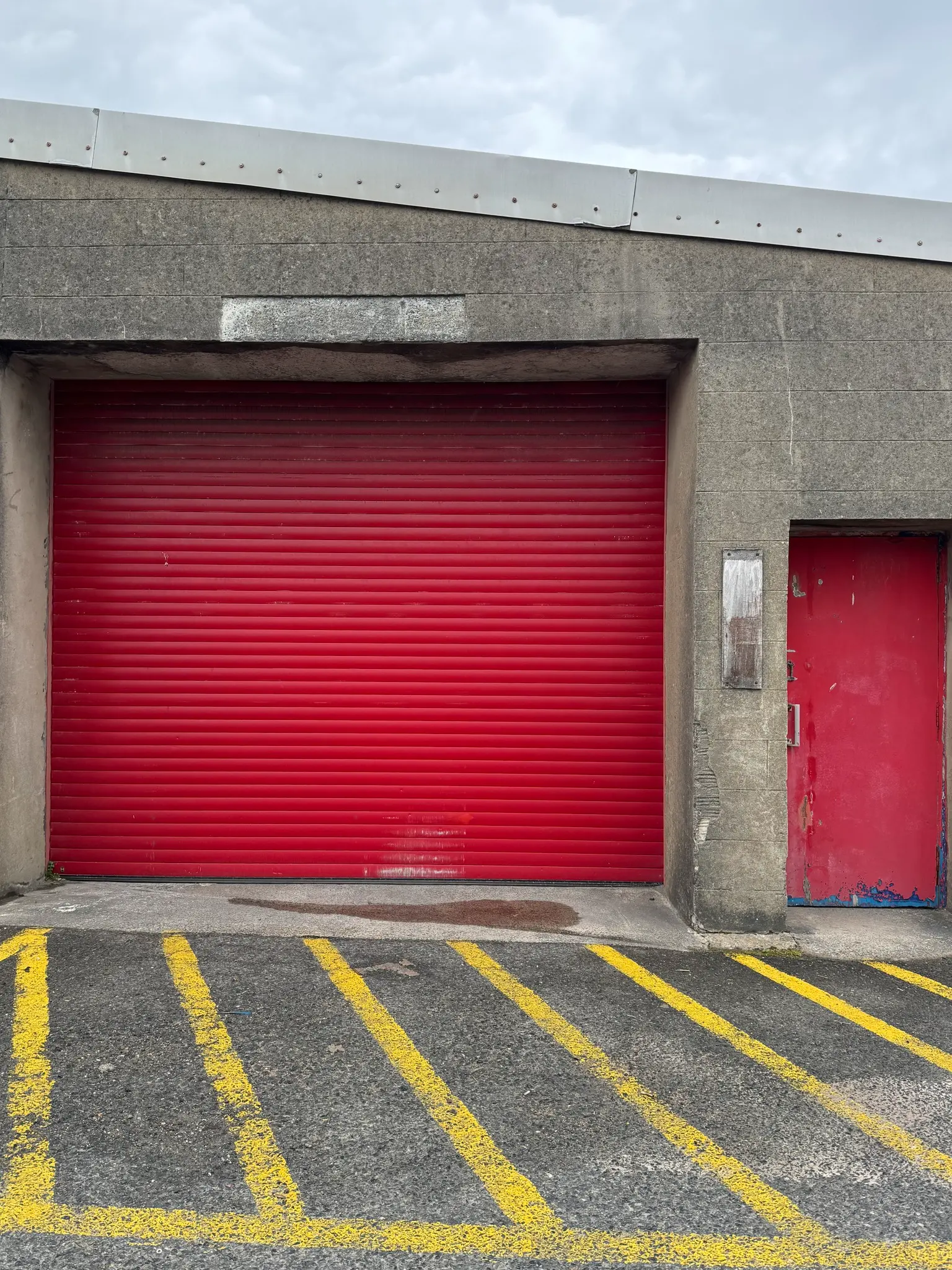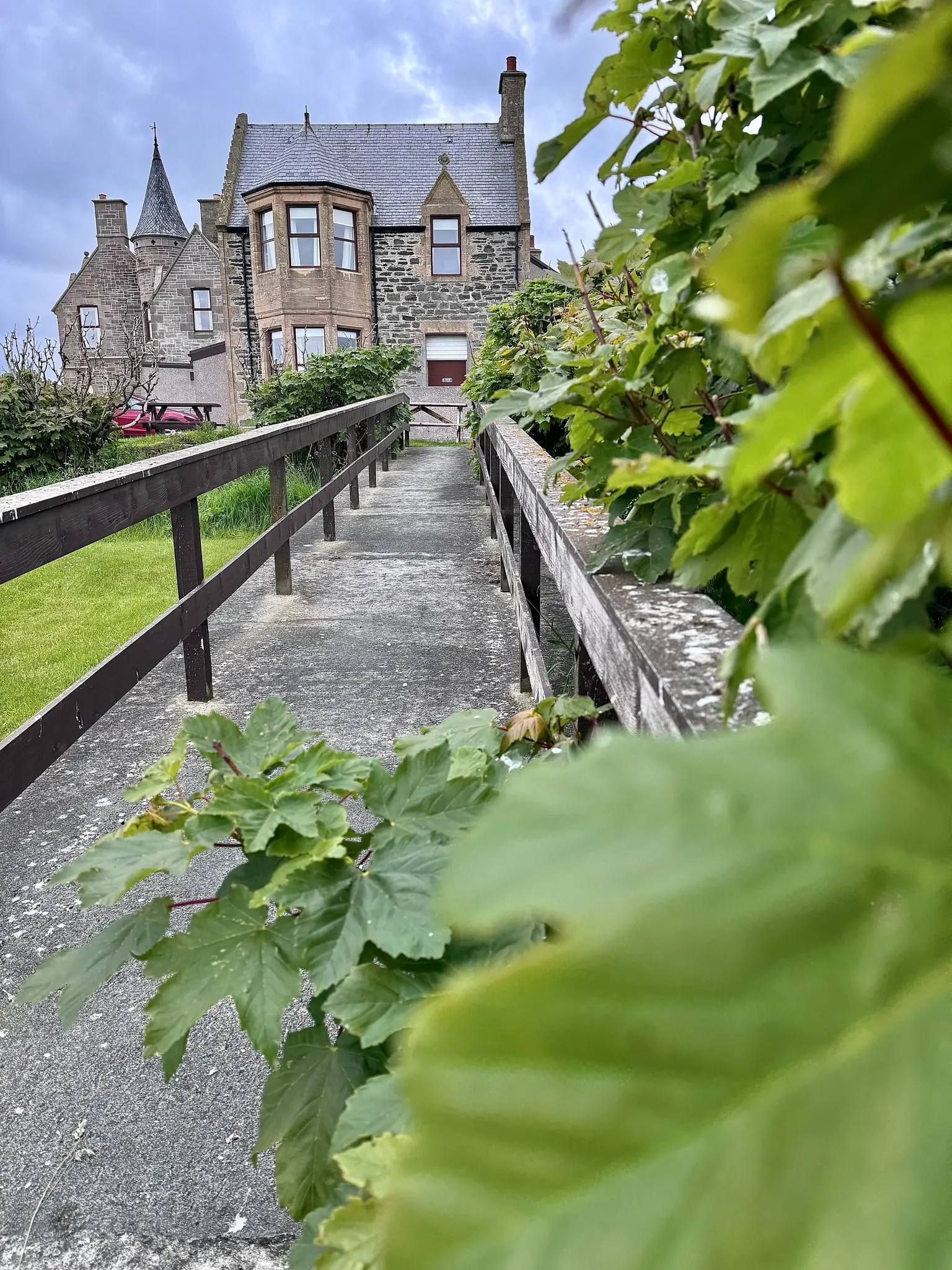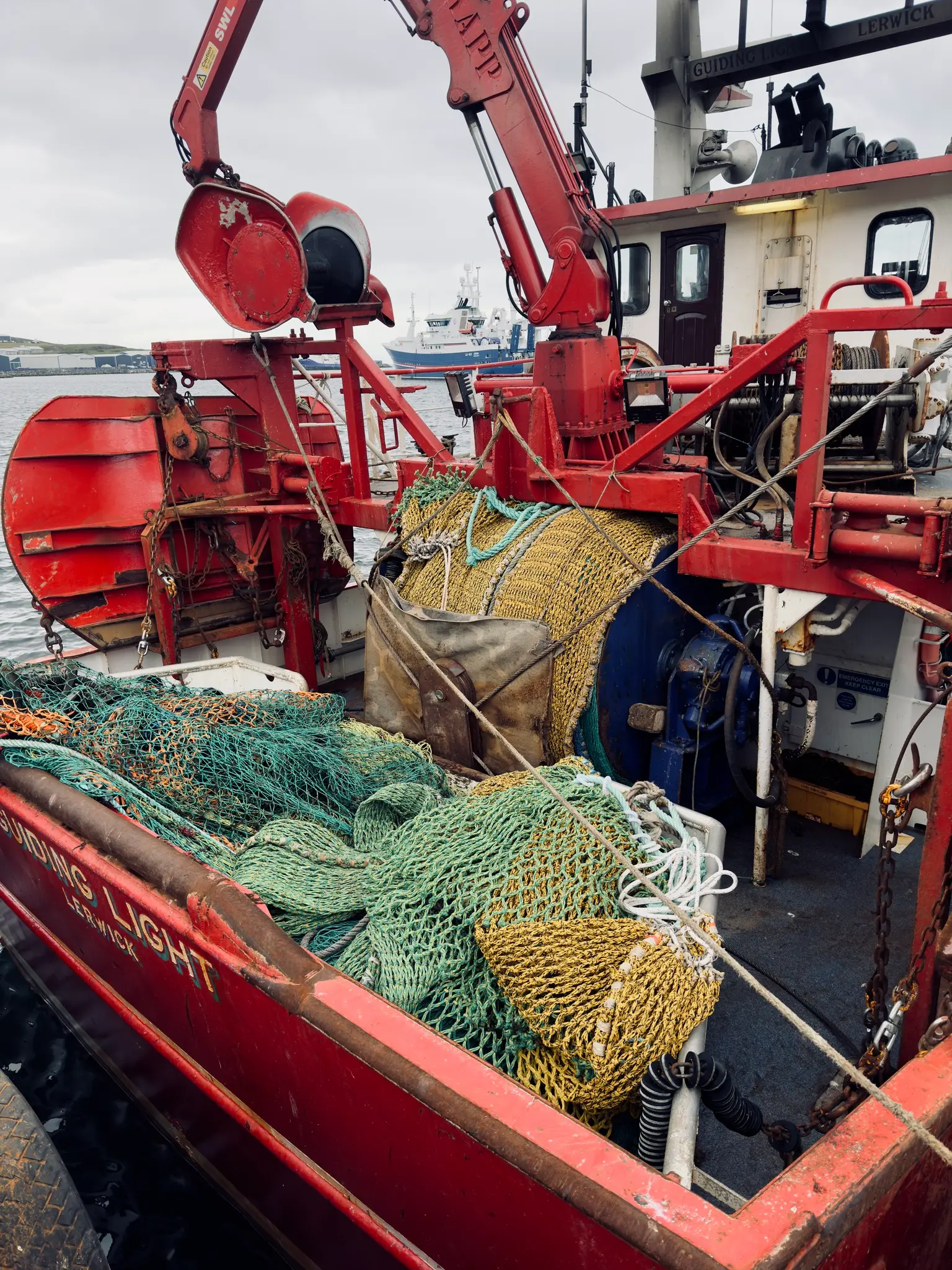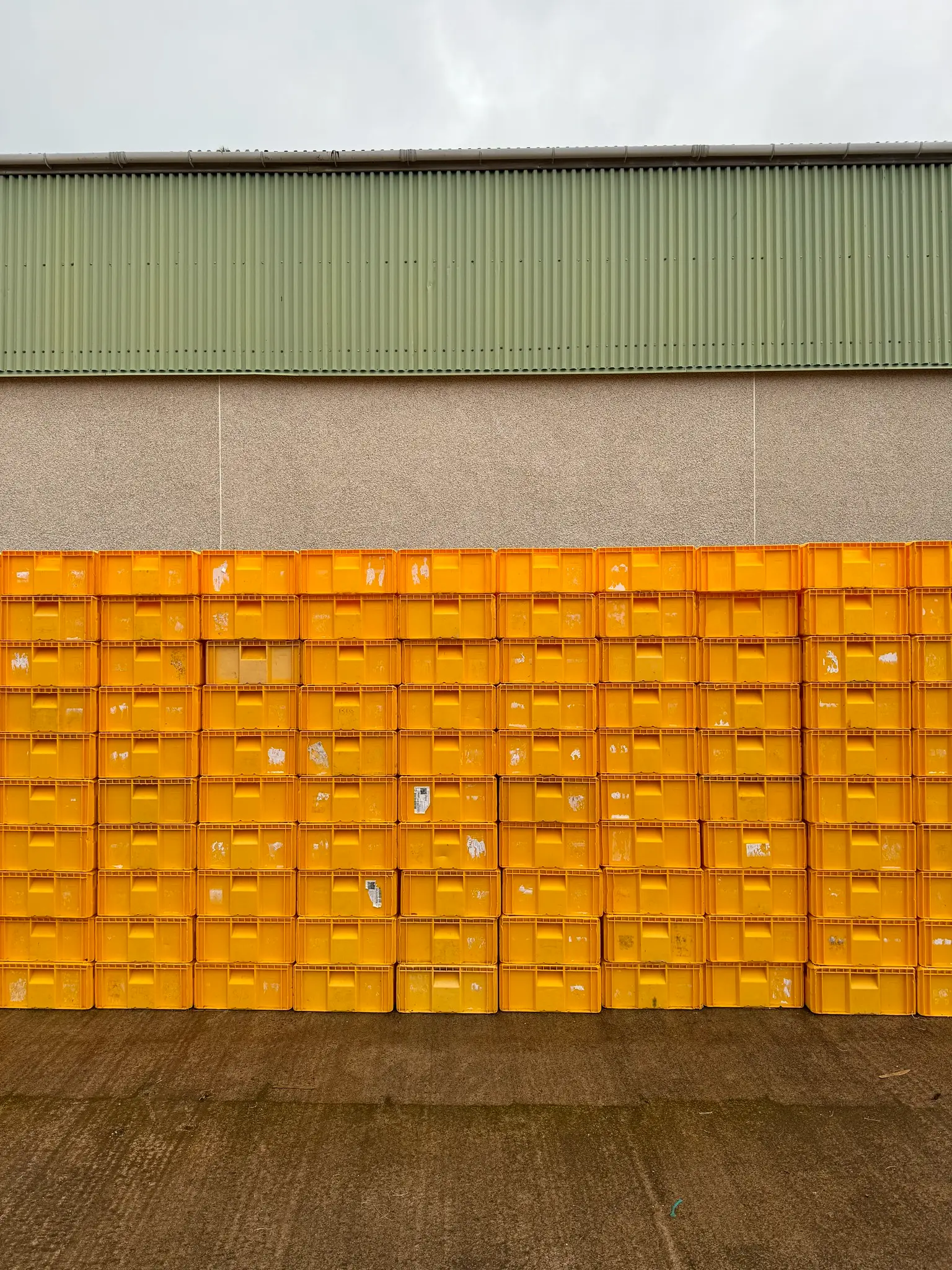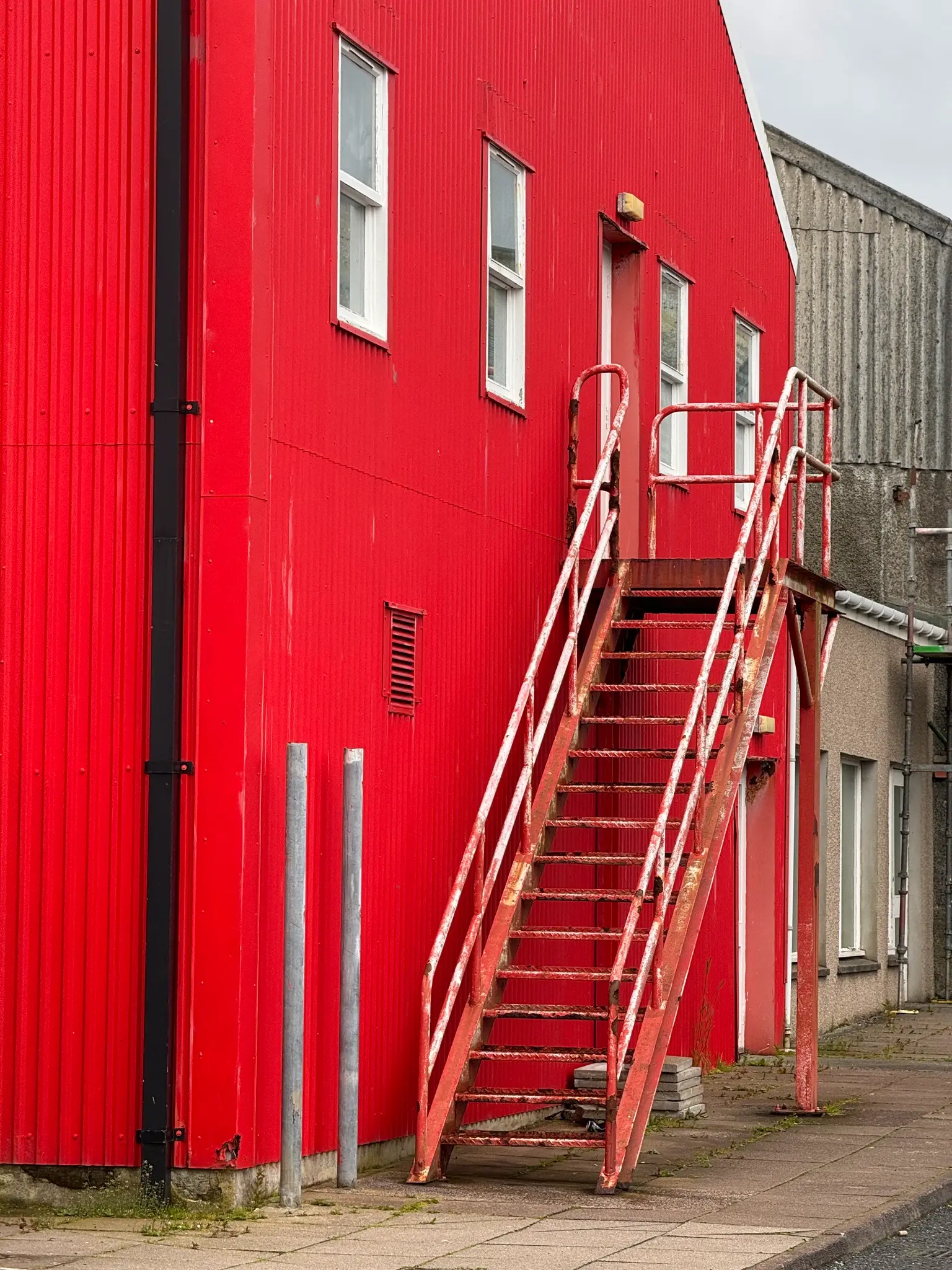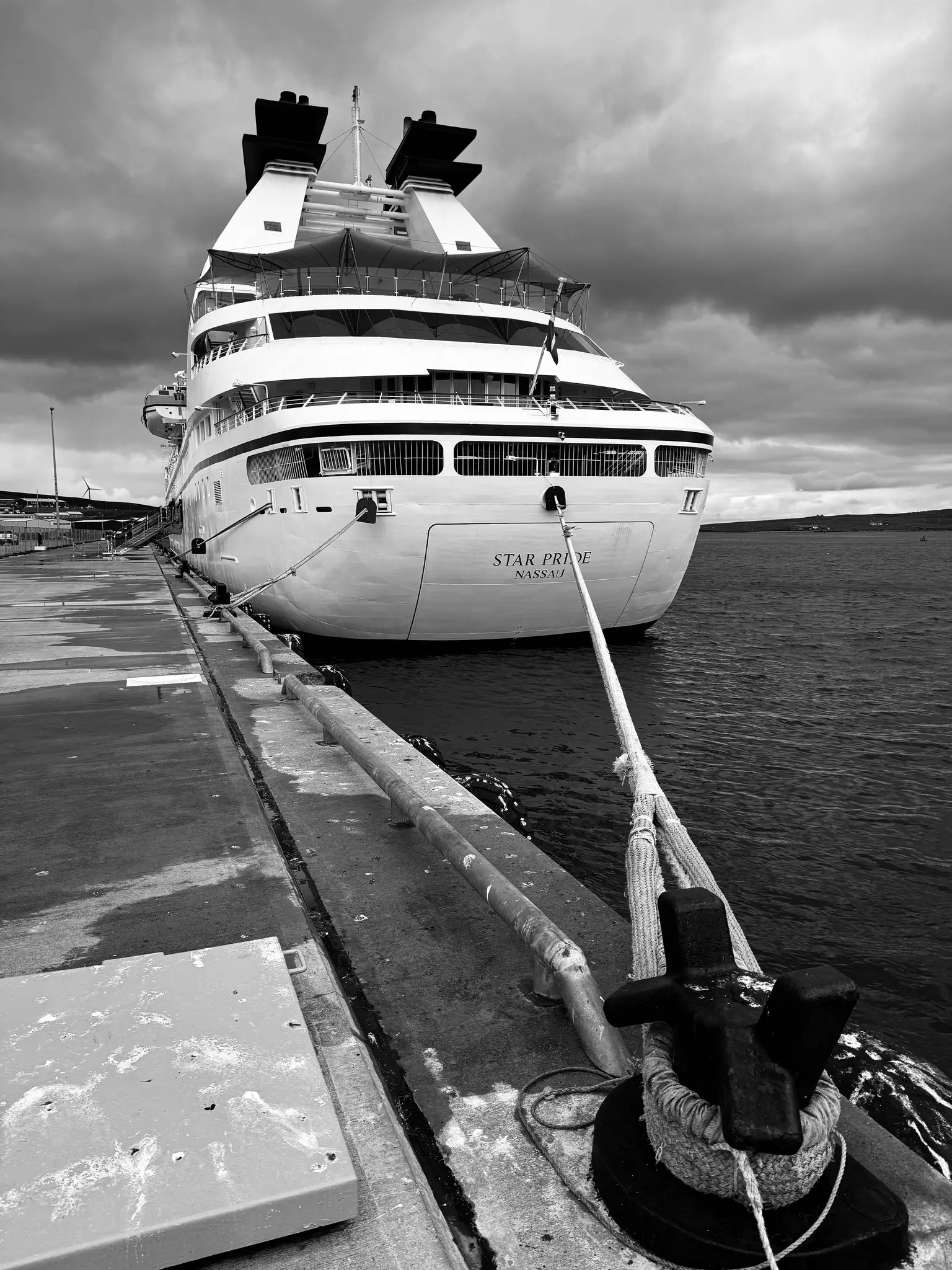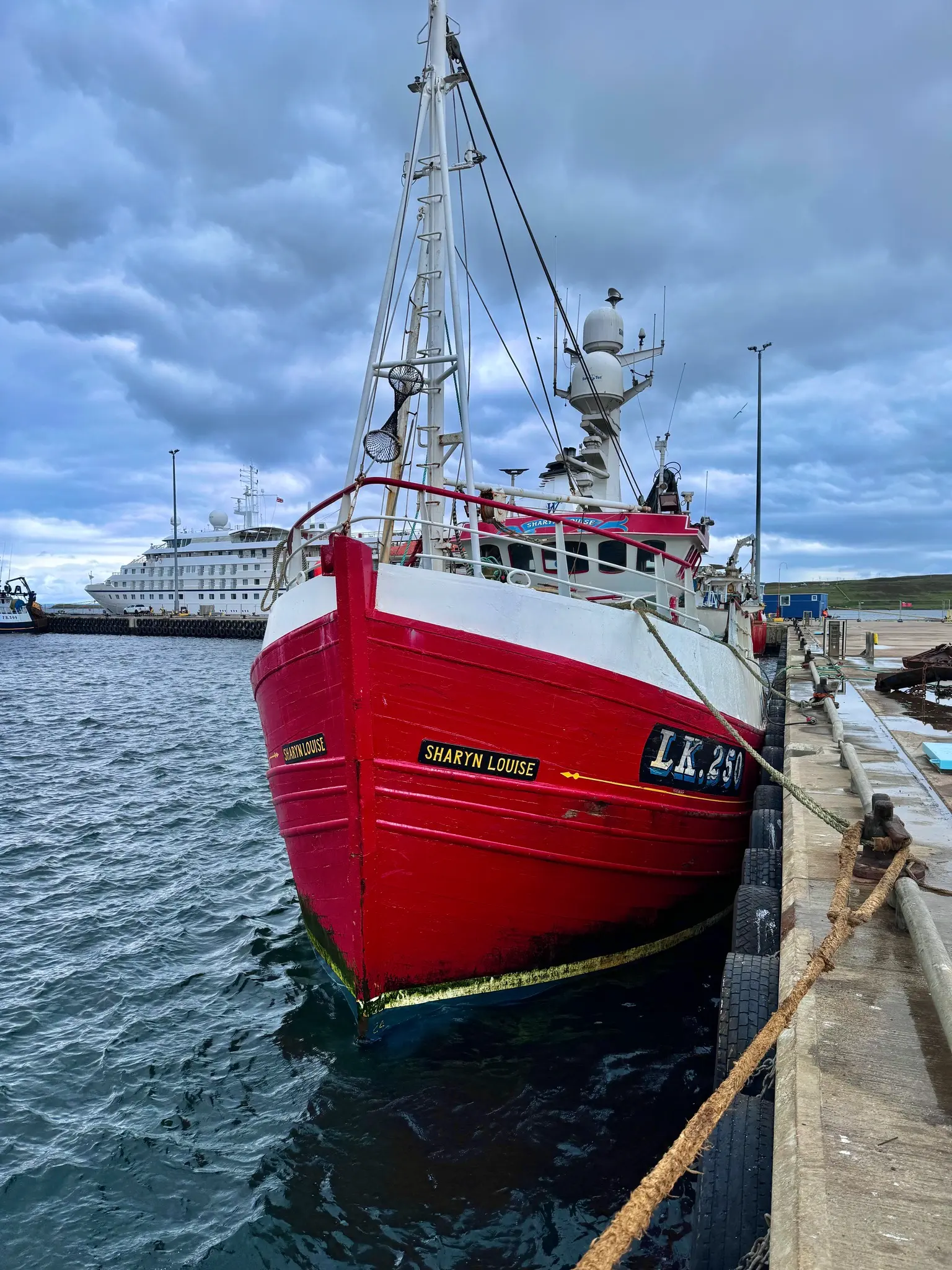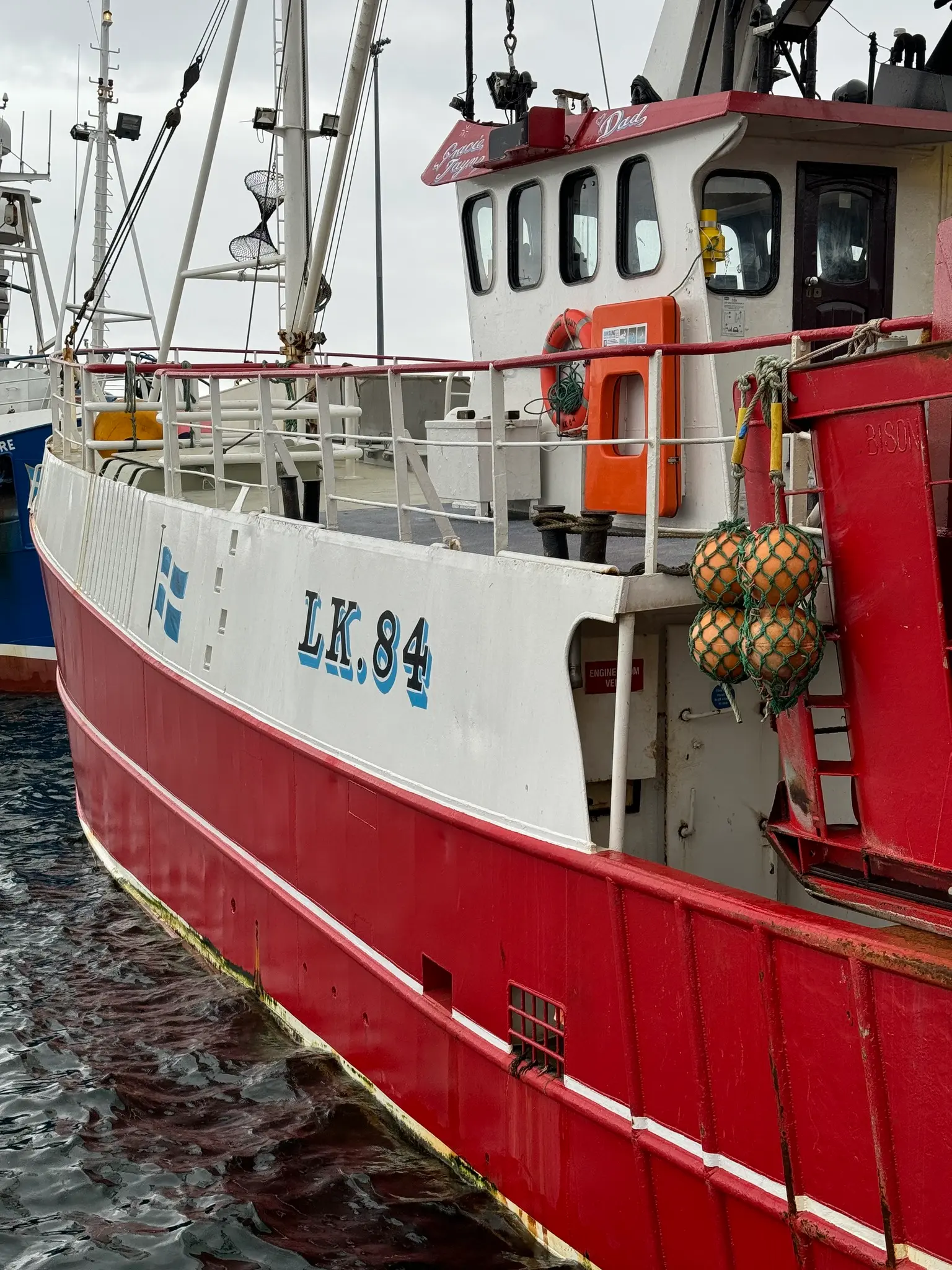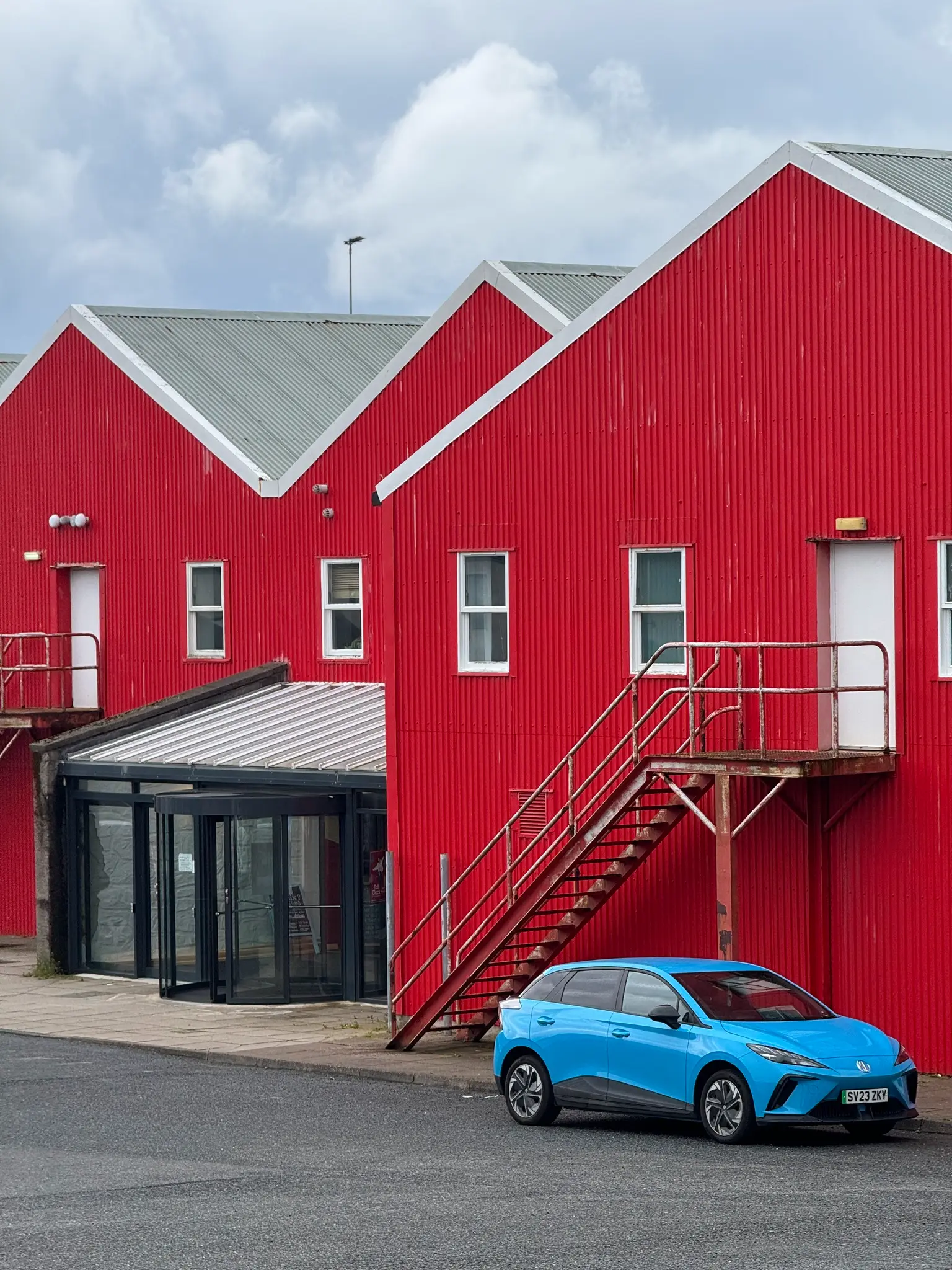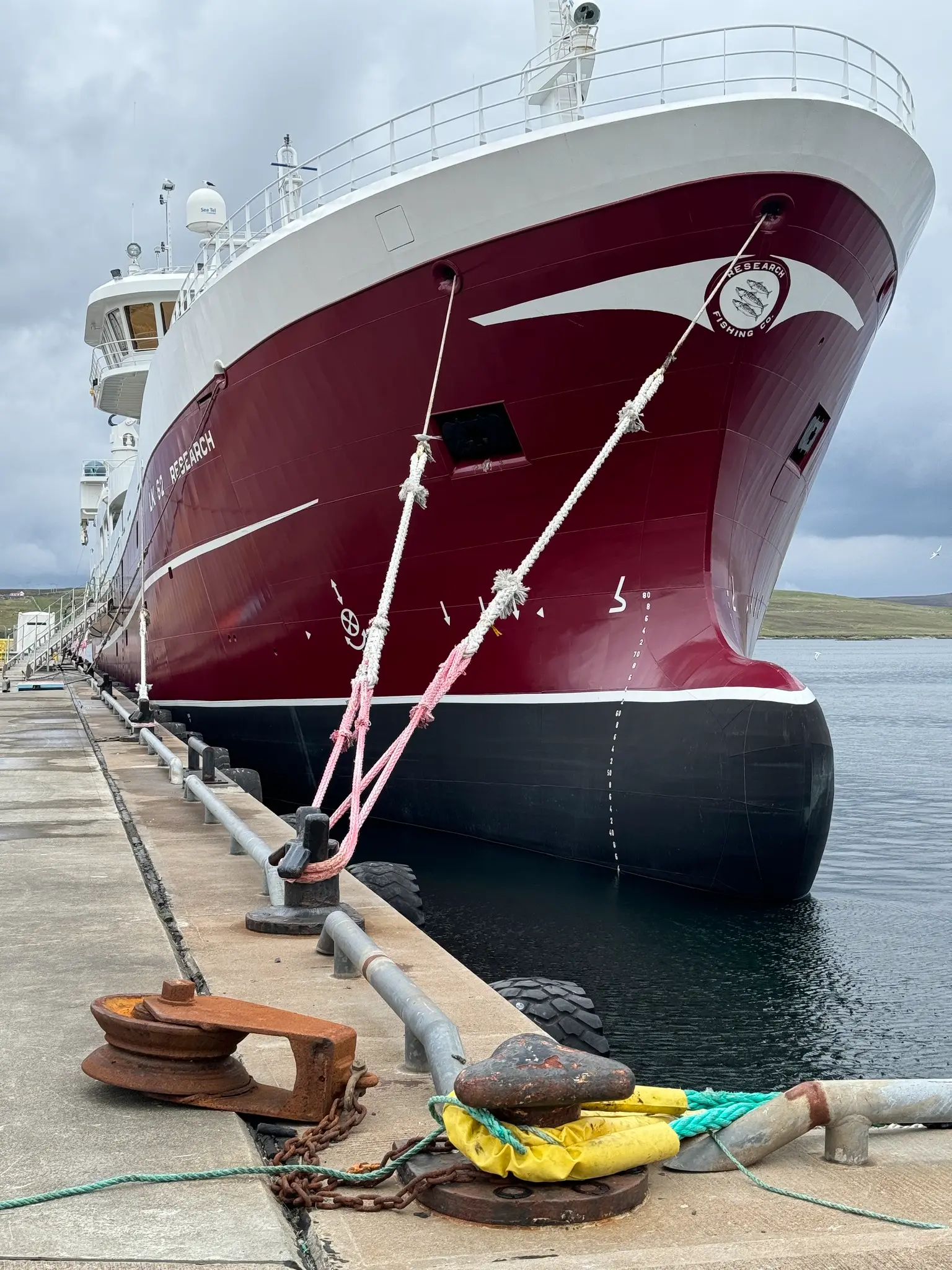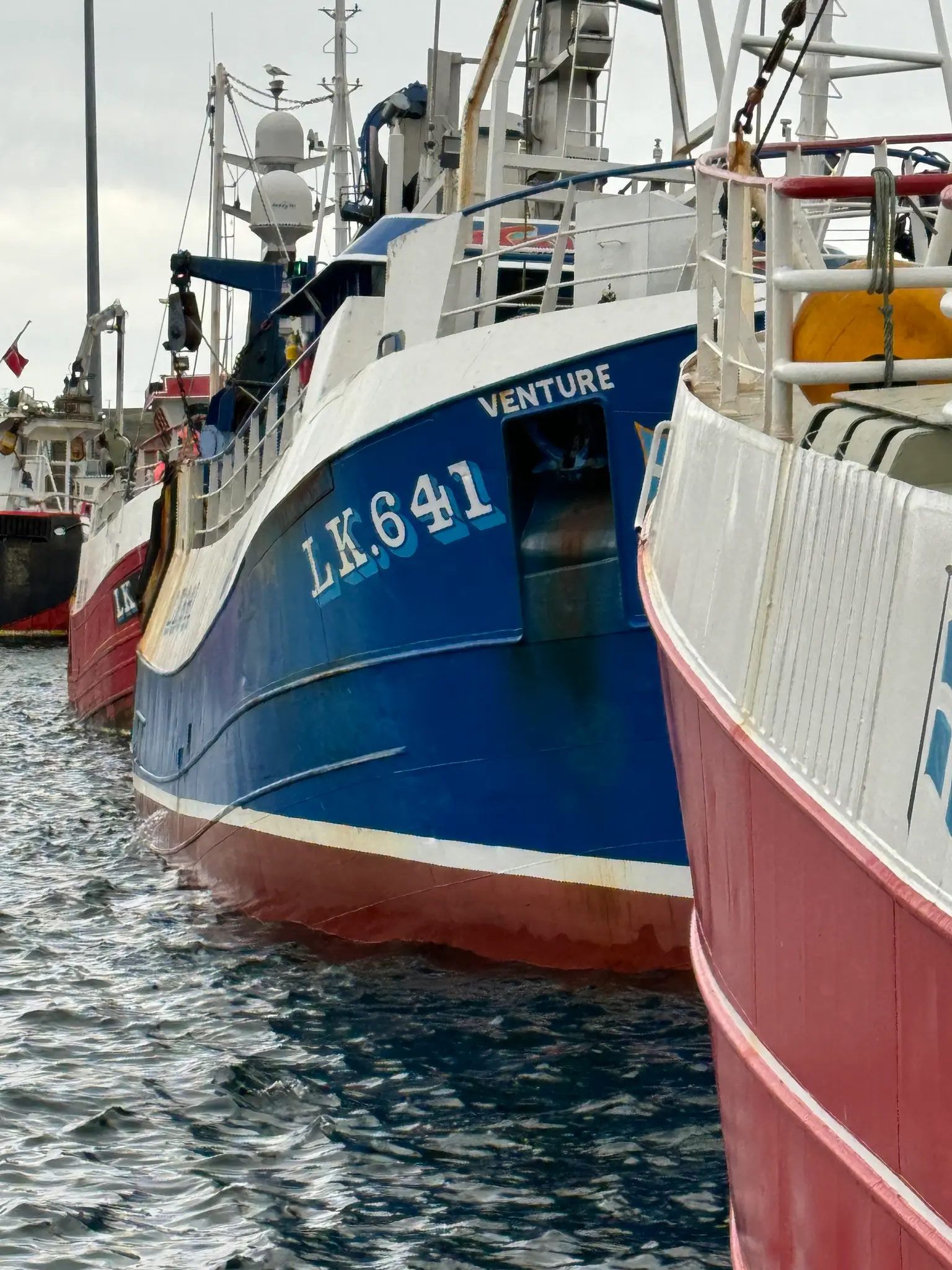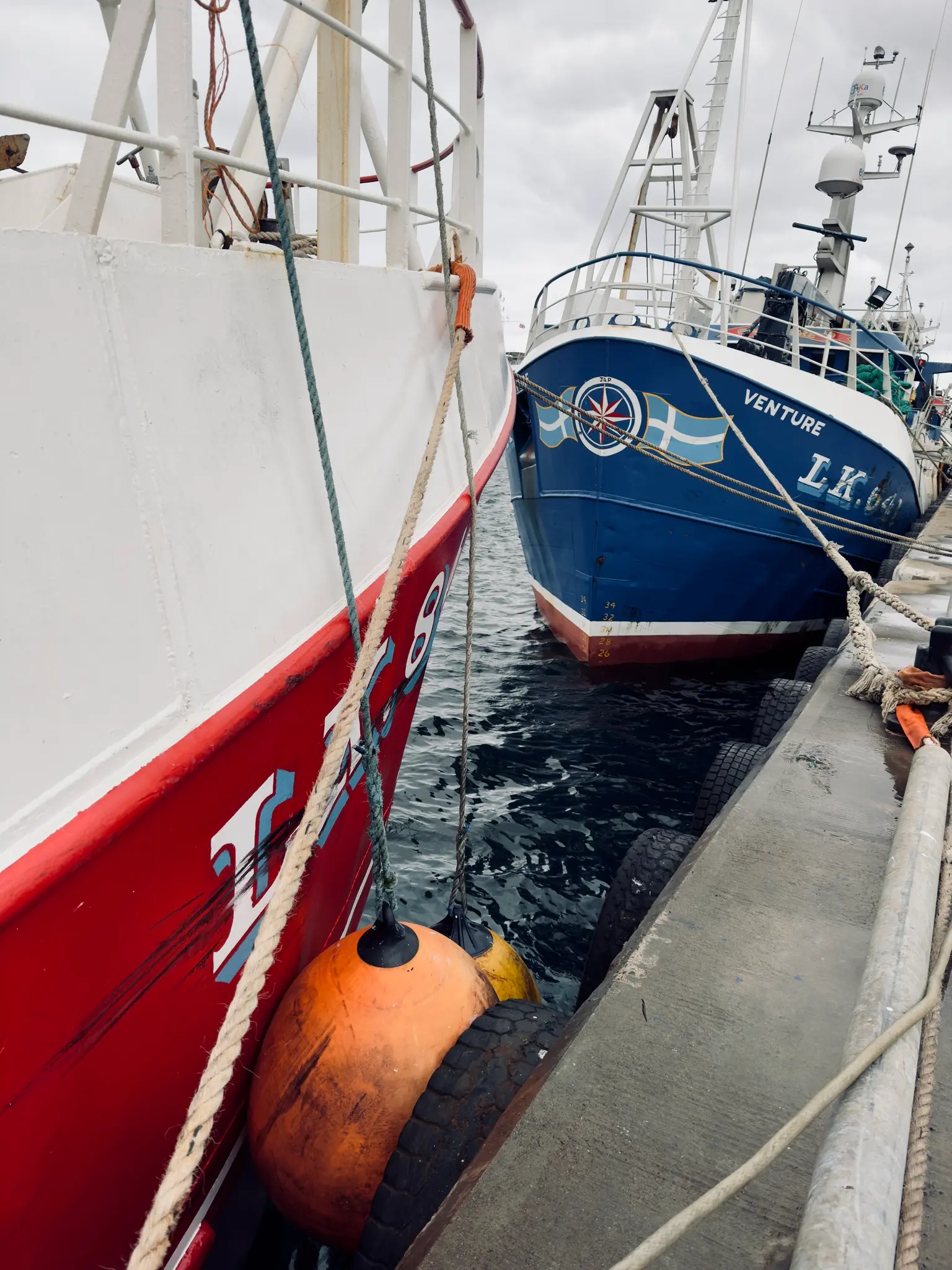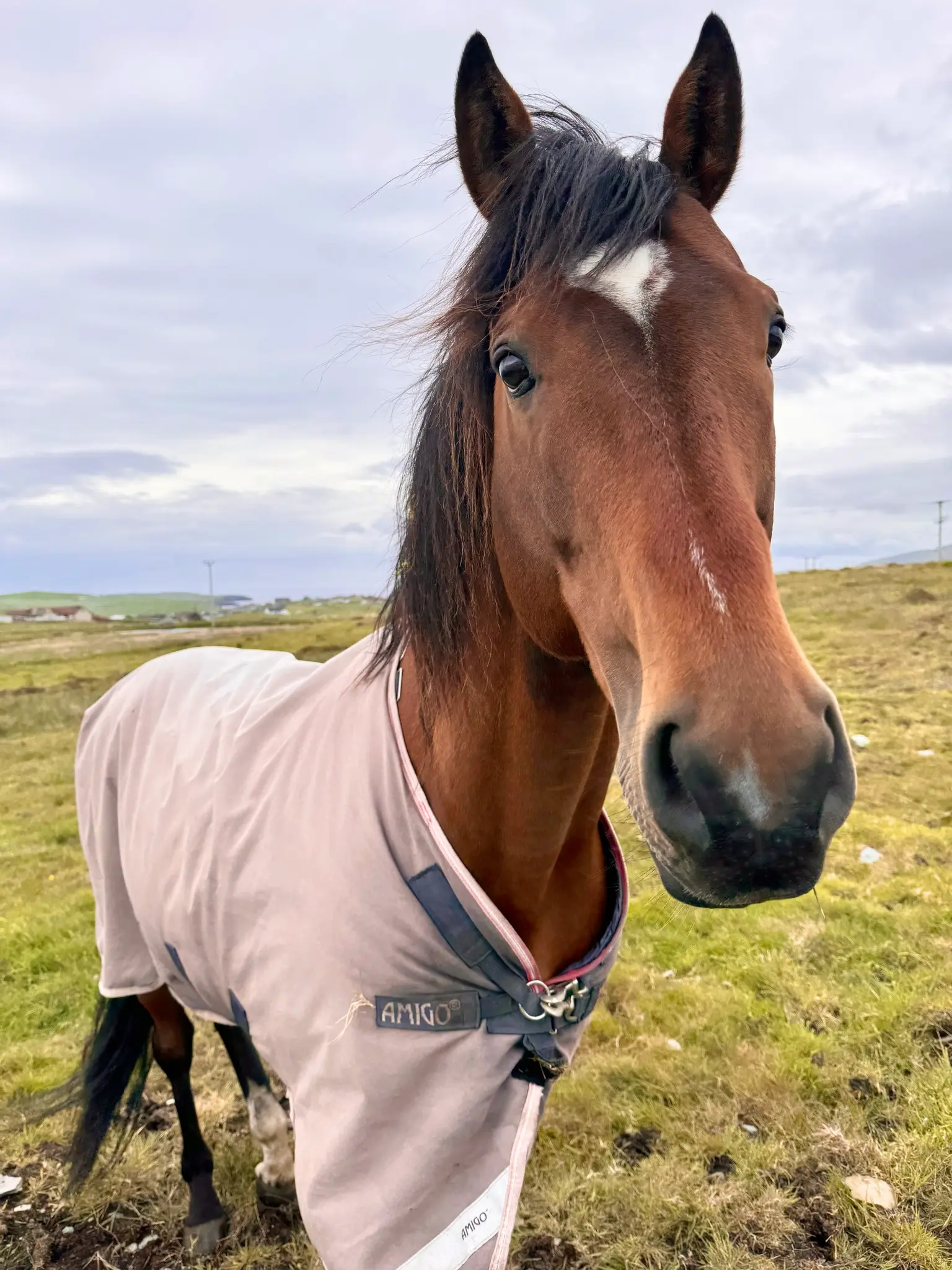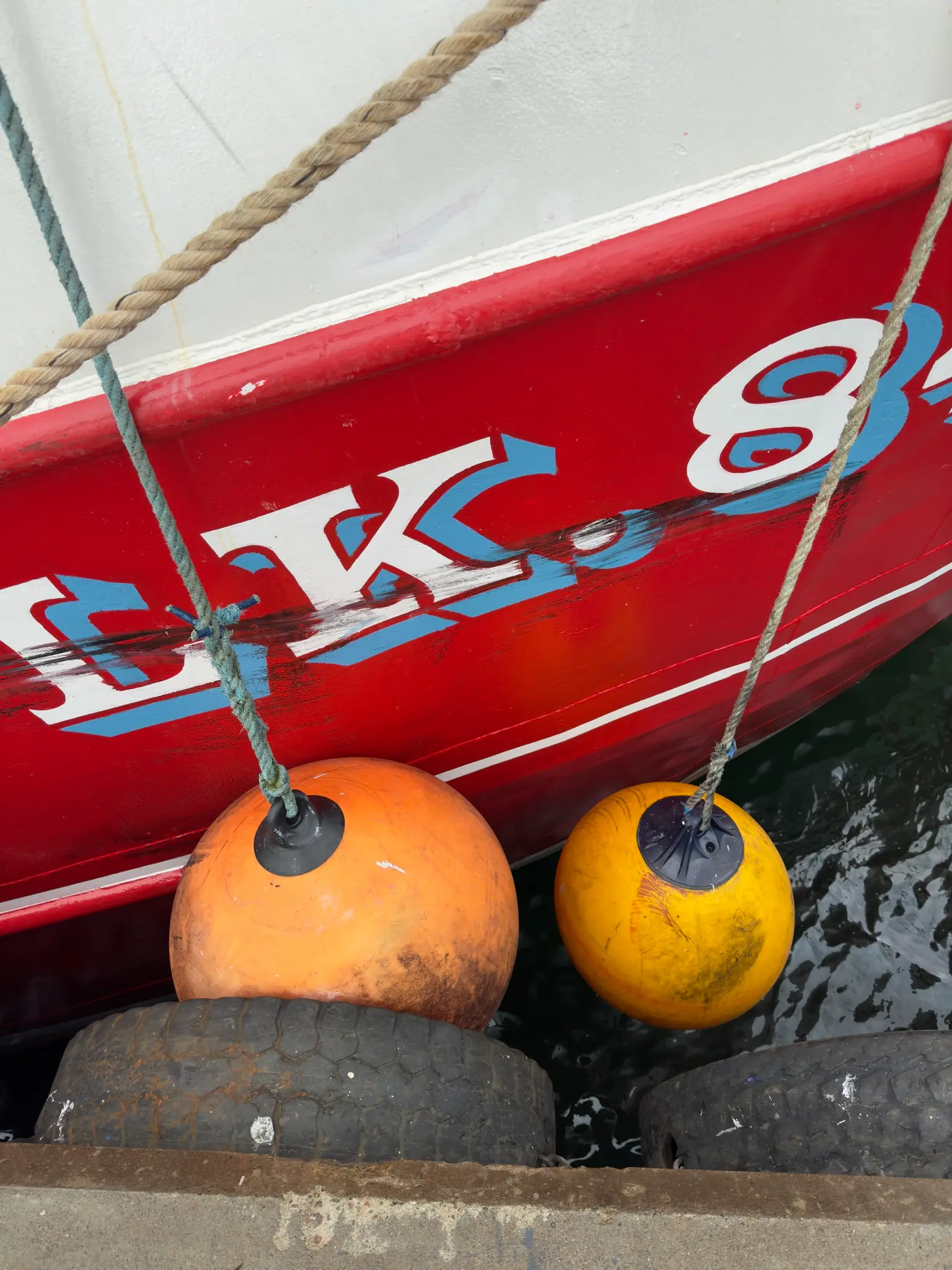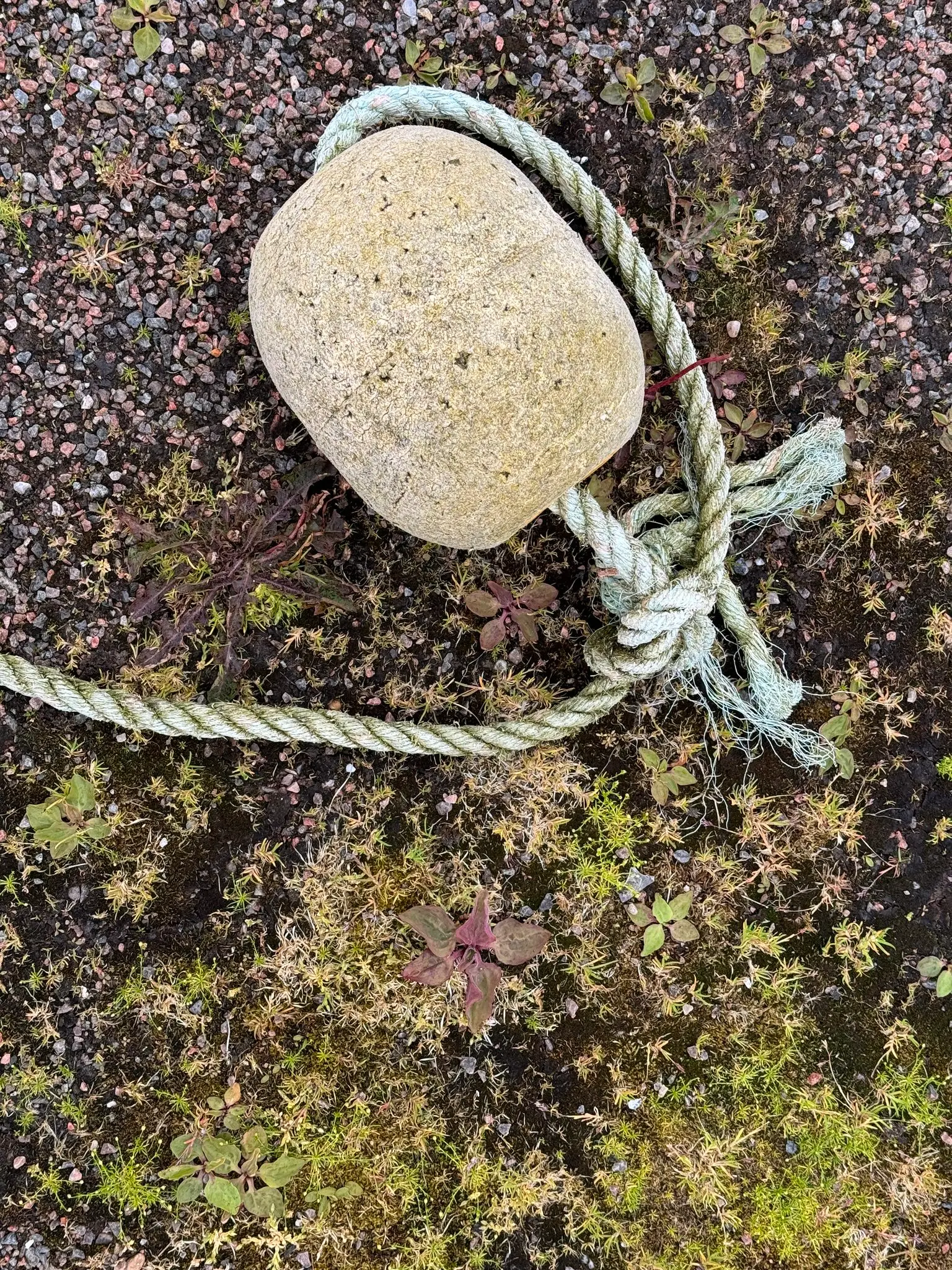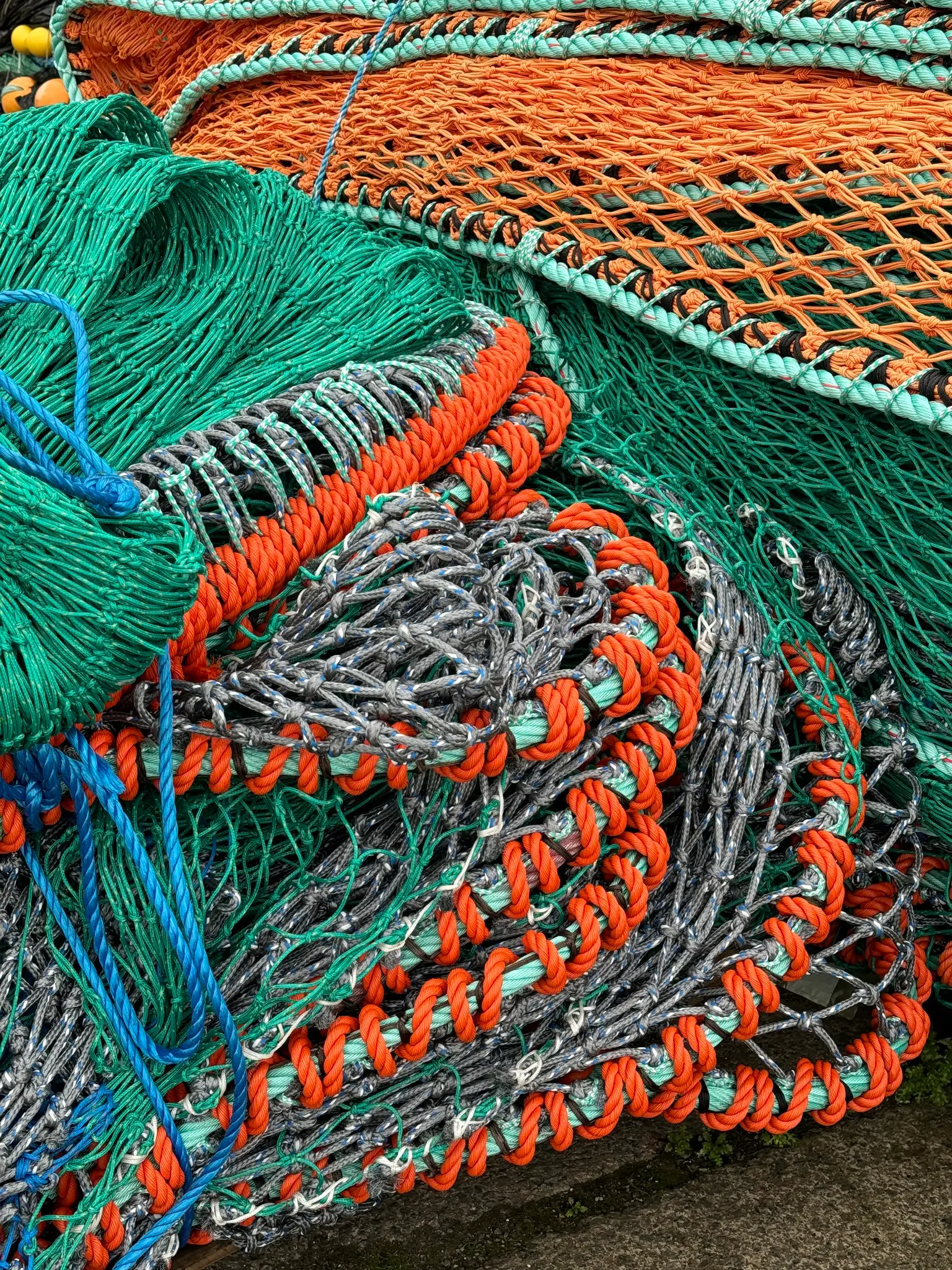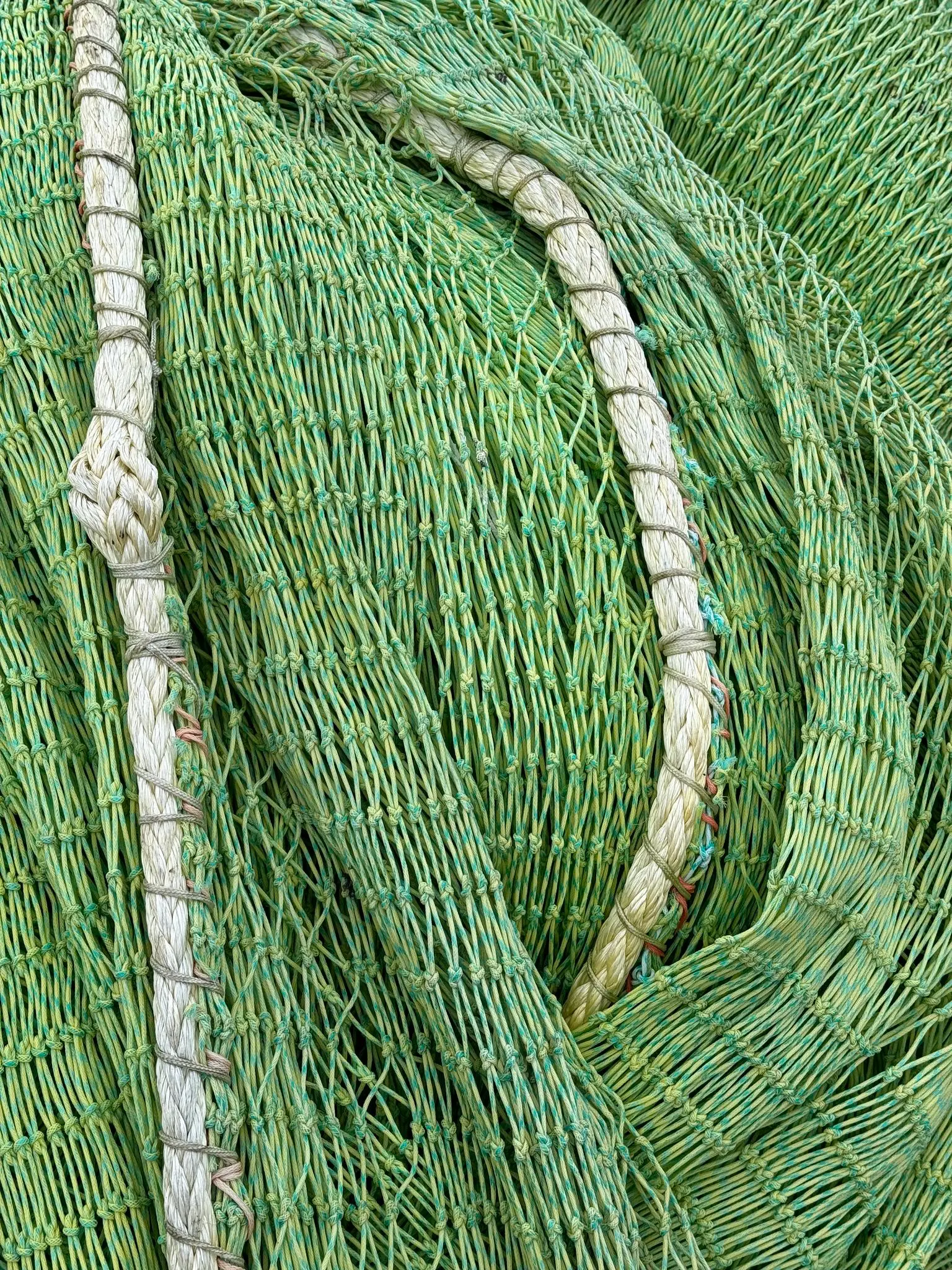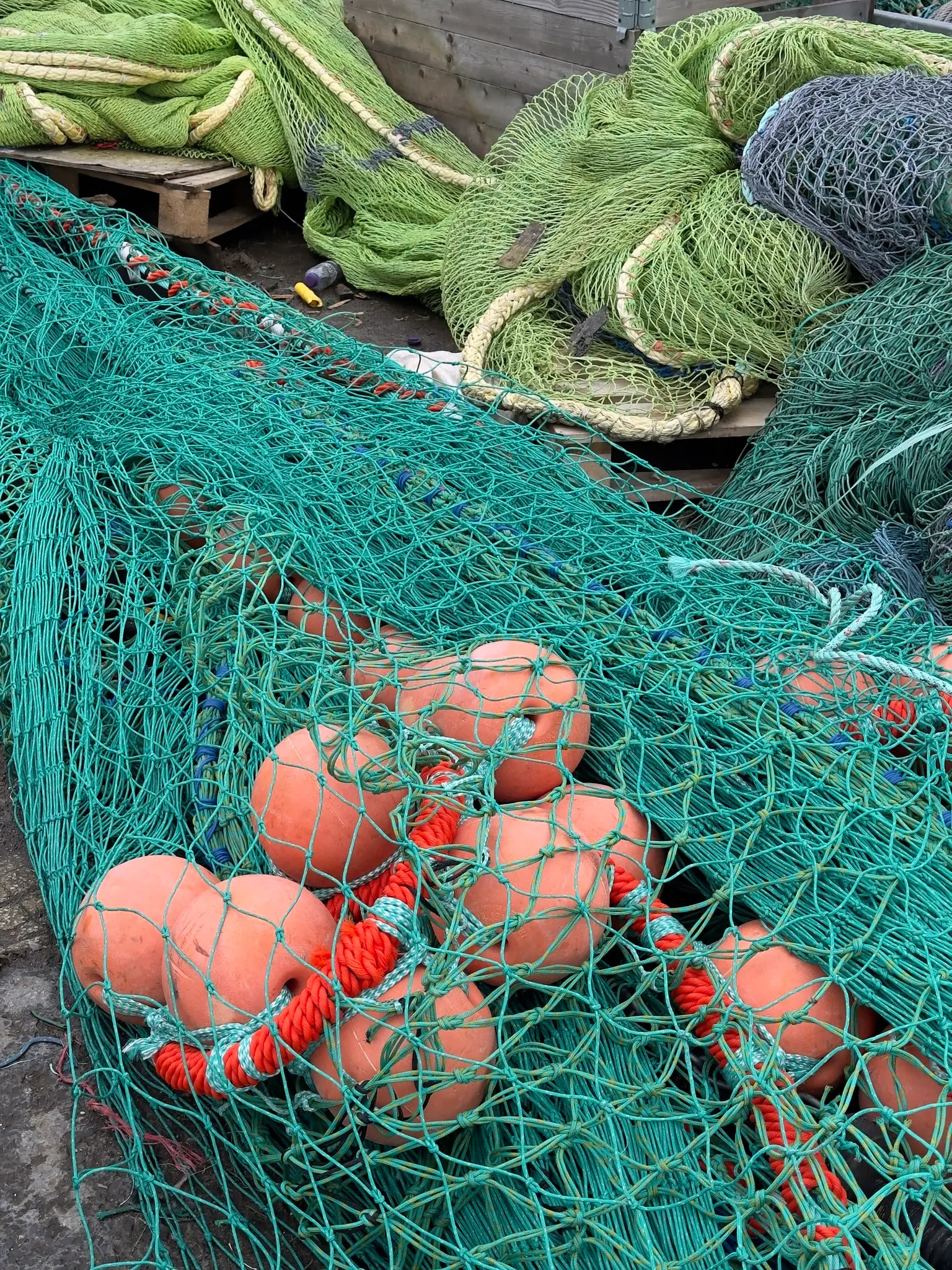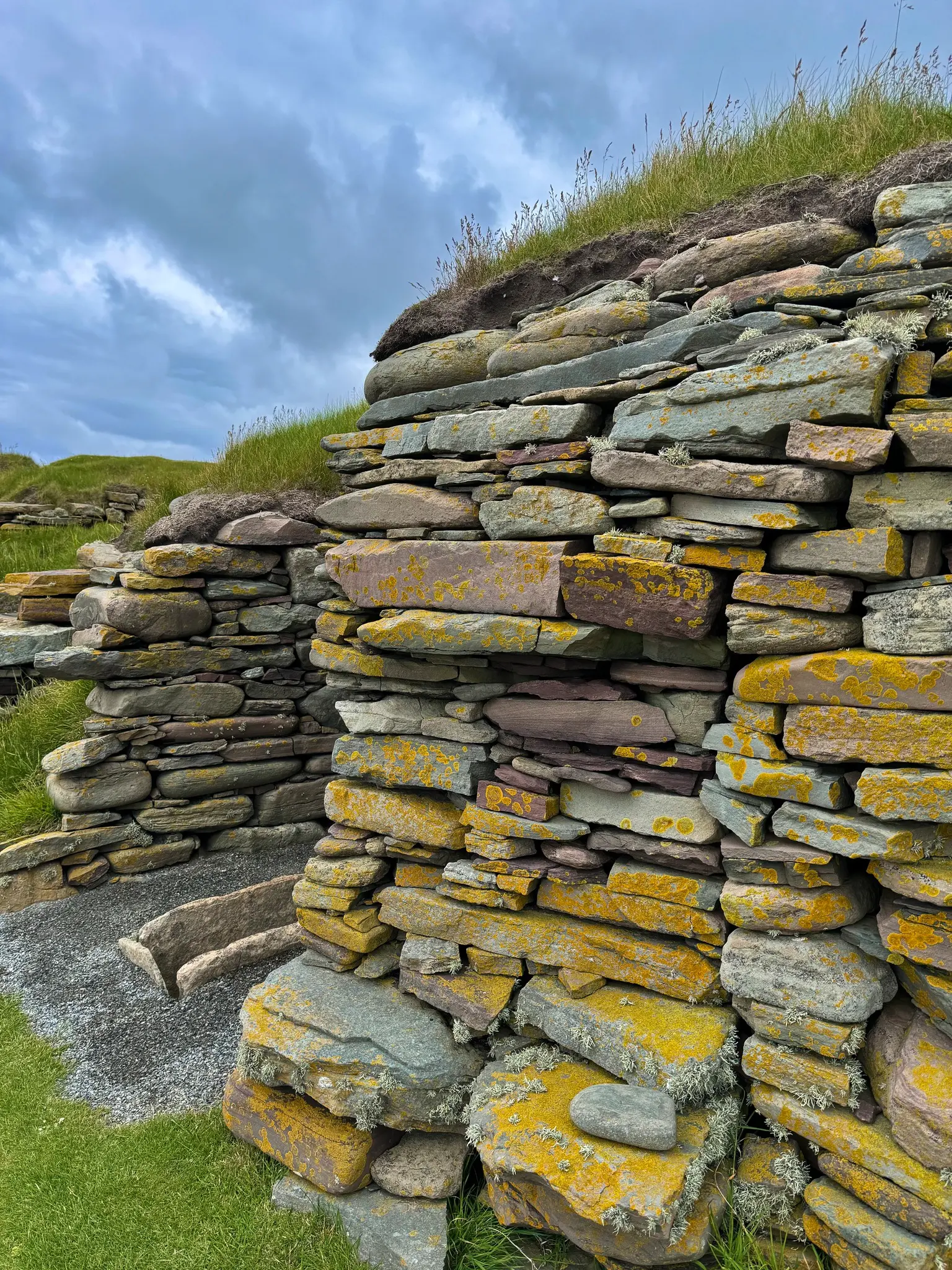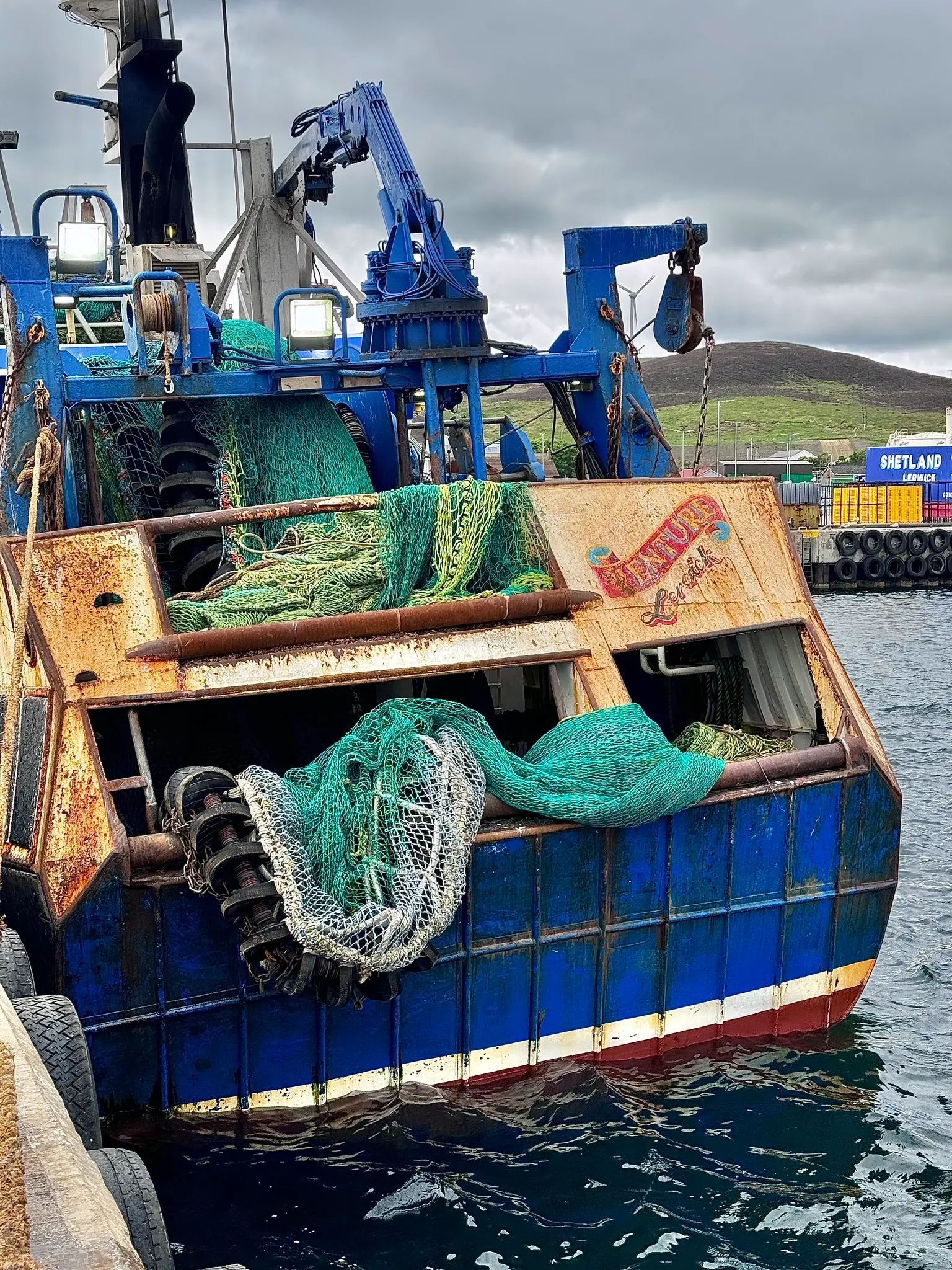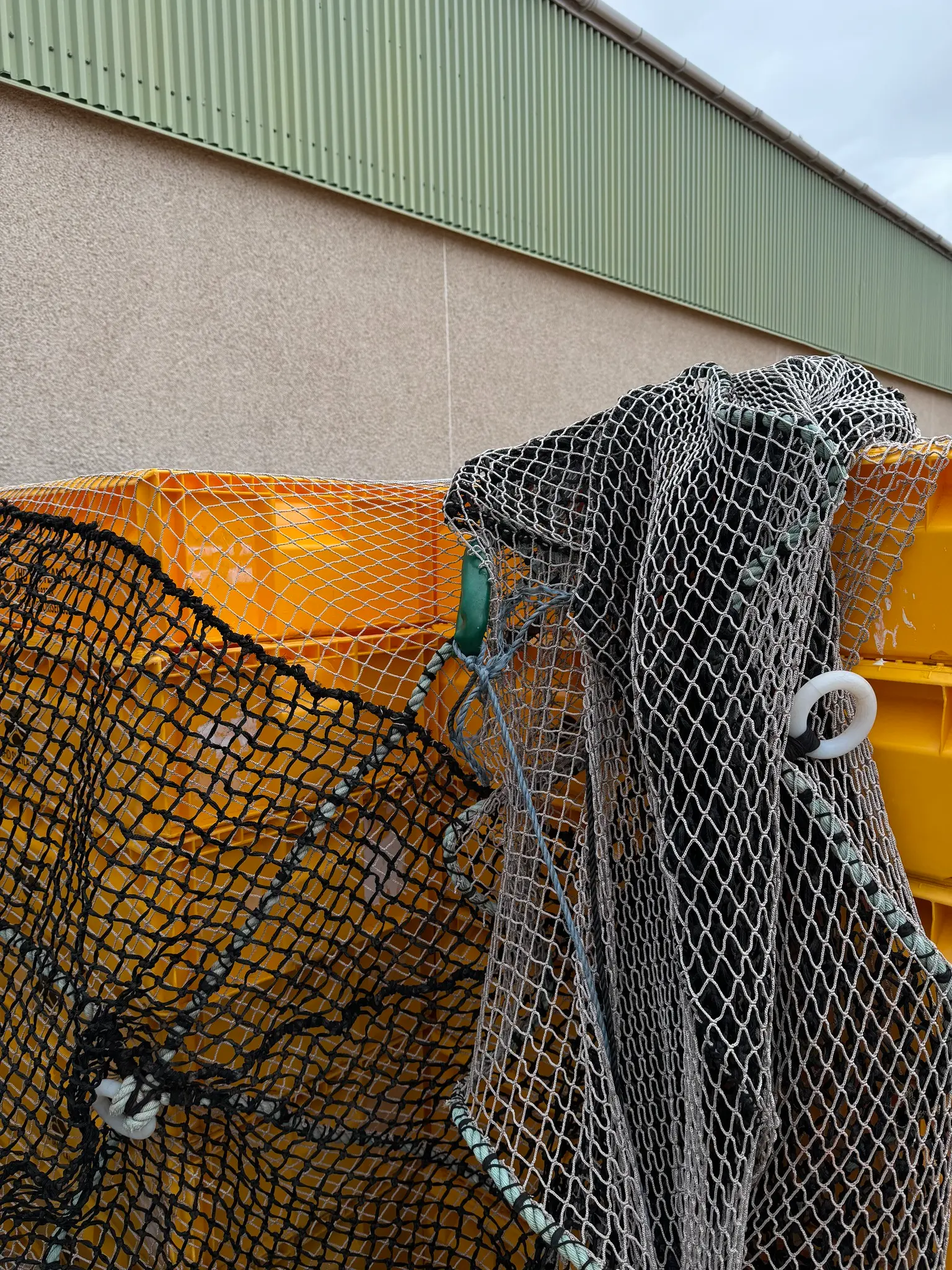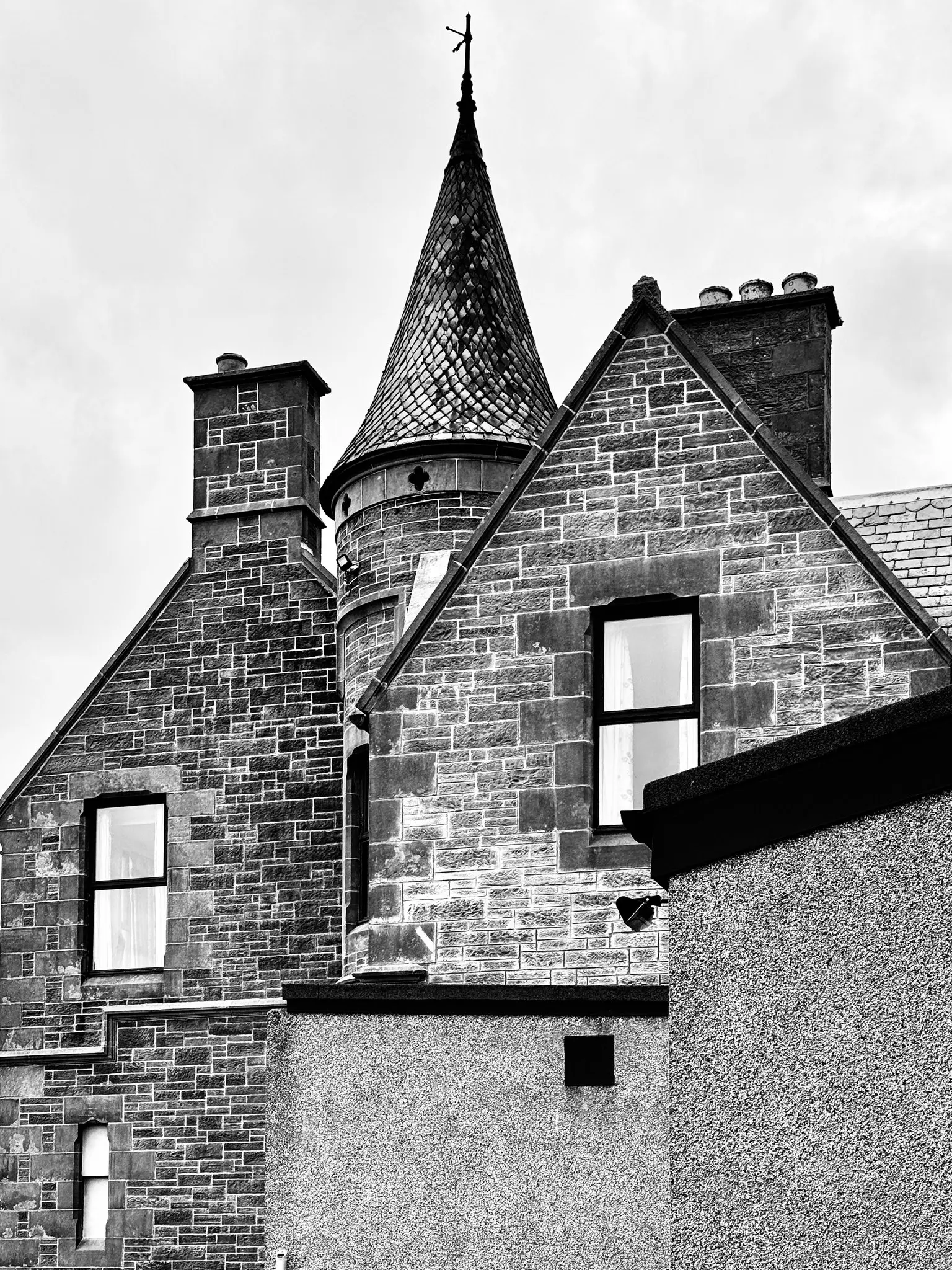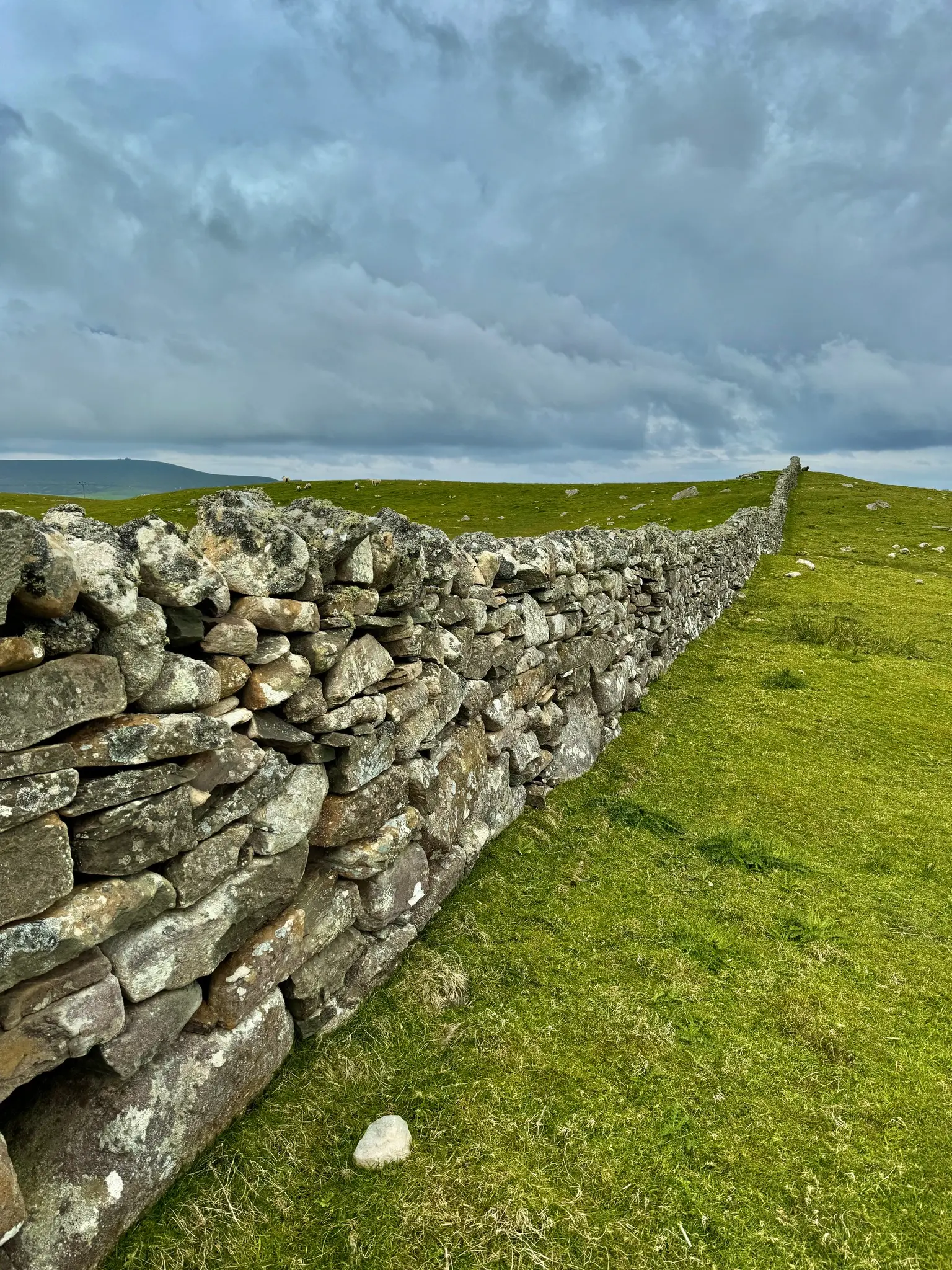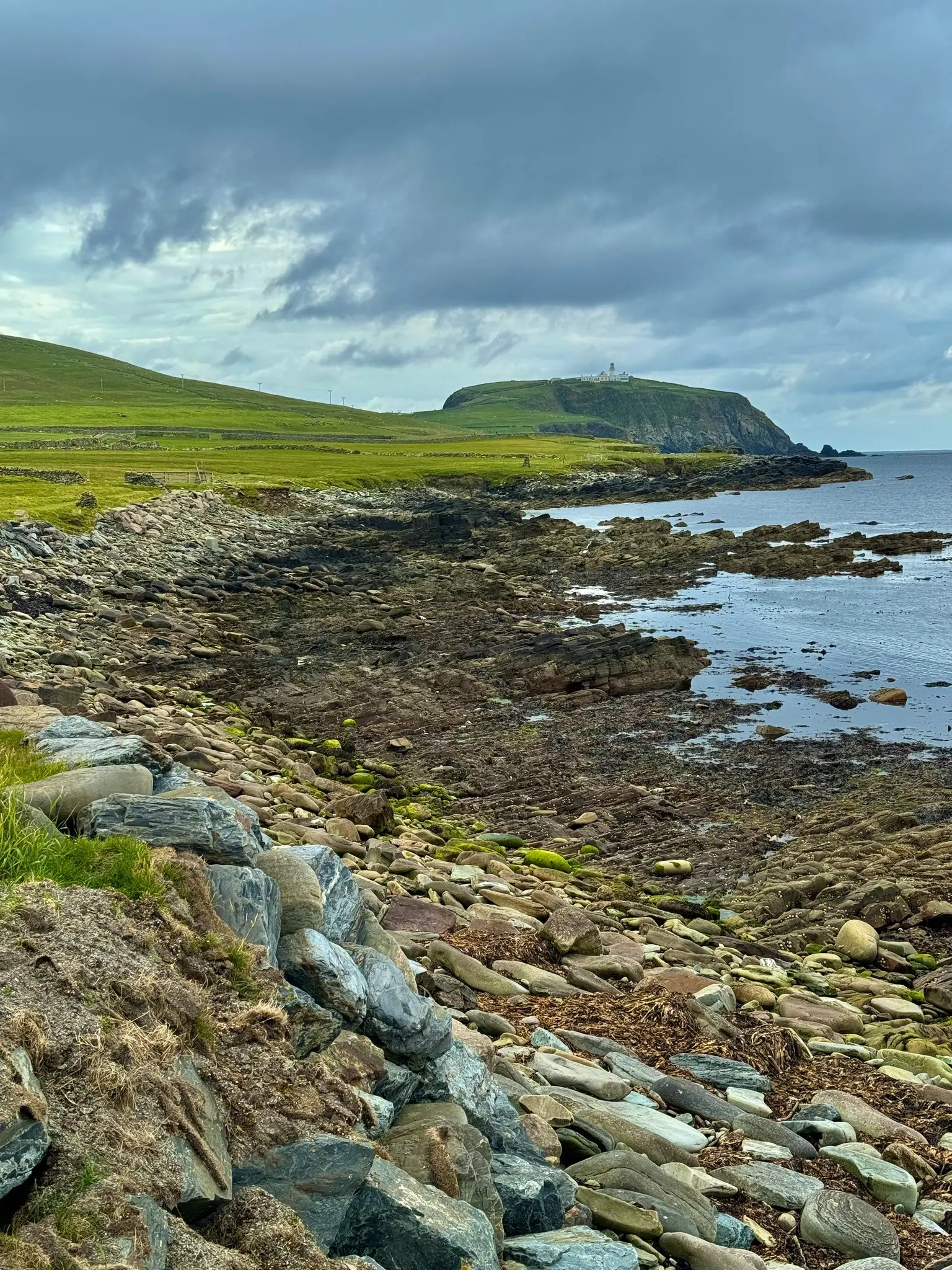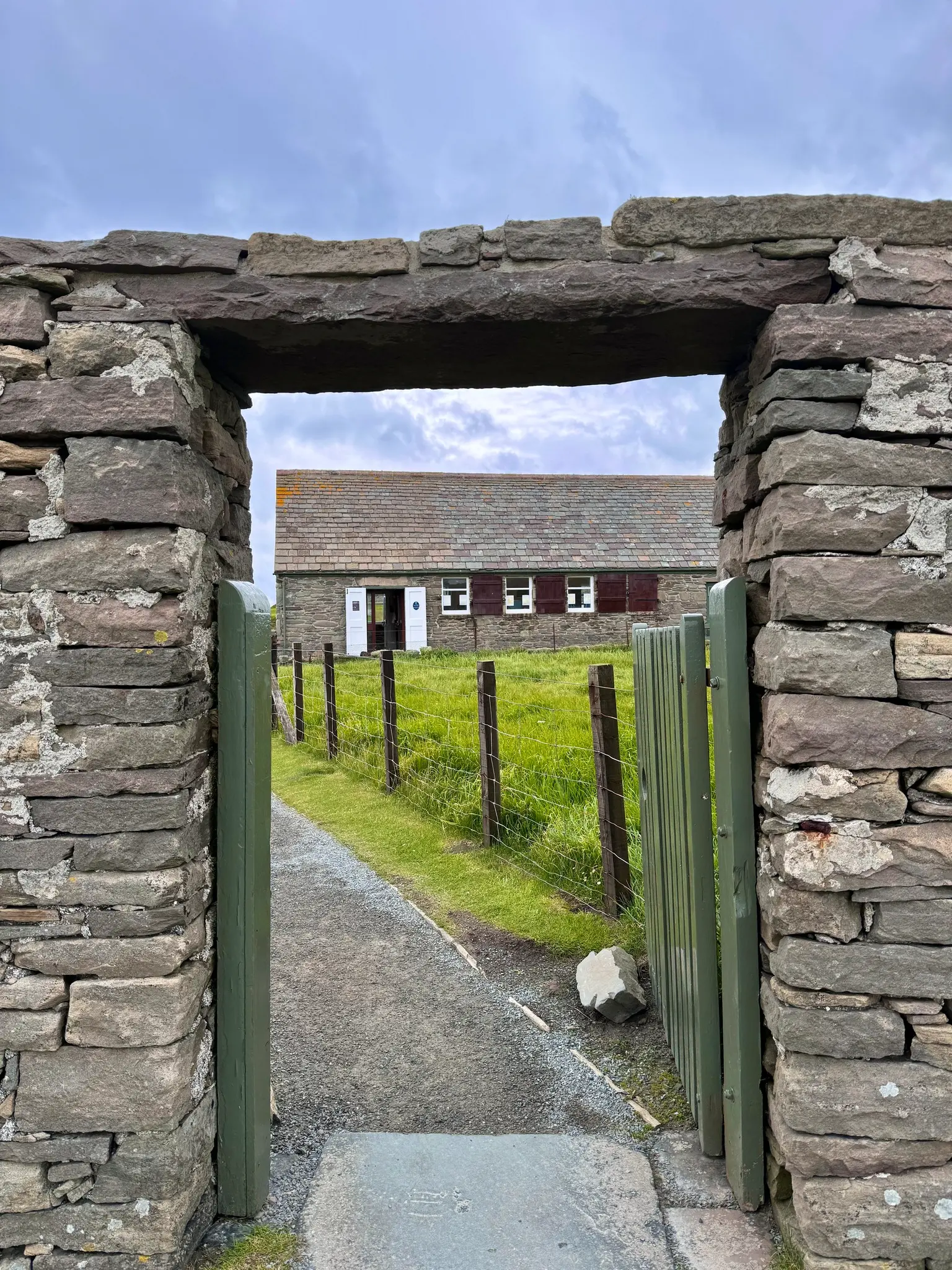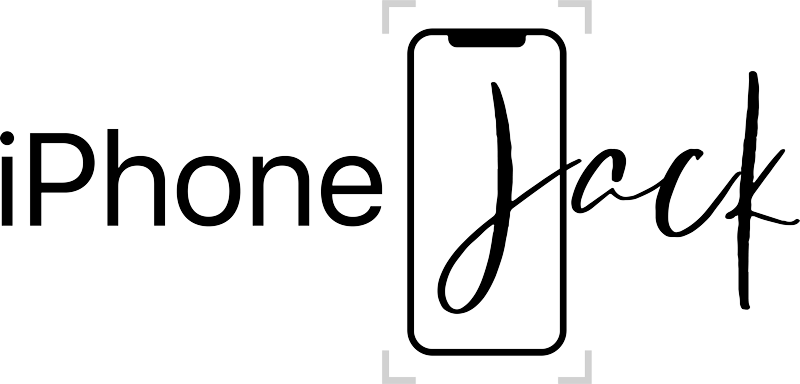A few weeks back, while on a cruise, three lovely ladies in their 50s, approached me after one of my onboard presentations about iPhone photography. They enjoyed the talk and asked if they could spend a day with me, observing how I go about capturing images with my iPhone. While their request was genuine and kind, I found myself hesitating, searching for reasons to respectfully turn them down.
Generally, when I’m being paid to teach and train, I embrace every opportunity to share my passion for photography. I enjoy helping others discover the world through their lenses, and I rarely turn down invitations, regardless of the motivations behind them. But this particular request felt different. It wasn’t just about teaching or sharing knowledge—it was about them wanting to watch me, to see how I navigate the world with my camera in hand, and that felt, at least at the moment, awkward.
To be honest, the idea of someone watching me as I shoot feels somewhat voyeuristic. Photography, at least the way I approach it, is an intensely personal and private experience. It’s a moment where I’m entirely immersed in my environment, where I’m guided by instinct, impulse, and intuition. This process is deeply connected to who I am and how I interpret the world around me.
When I’m out photographing, it’s just me and the scene before me—no distractions, no external eyes observing my movements, no chatter, no small talk, no second-guessing, and no need for colleague validation.. This solitude allows me to connect with my surroundings in a way that’s pure, unfiltered, and deeply meaningful.
Inviting someone into that space, into that intimate process, feels like it would disrupt the very essence of what I’m trying to capture. It’s not about secrecy or a fear of judgment—though I’d be lying if I said there wasn’t some vulnerability in being observed. It’s more about maintaining the integrity of the creative process. Photography, for me, is a dialogue between myself and the subject, a conversation that doesn’t require a third party.
There’s a certain vulnerability in letting someone watch me work, a sense that they’re witnessing something that’s still in the process of becoming. Photography is where I’m most myself, where I’m most exposed, even if only I am aware of it. Allowing someone to observe me as I create feels akin to sharing an unfinished poem—raw, unrefined, and intensely personal.
In the end, I politely declined their request. It wasn’t out of unkindness or a desire to keep my process hidden. Rather, it was about preserving the sacred space where I can create without inhibition, where I can explore the world on my own terms, and where I can keep the act of photography as personal and private as it has always been for me.
This is why I couldn’t bring myself to accept their kind offer. Photography is my sanctuary, a place where I can be fully myself, and some things are best experienced alone.
These casual snapshots, from Lerwick, Scotland, are what came out of my hand and camera, on the other end of my decision.
Click
Jack
